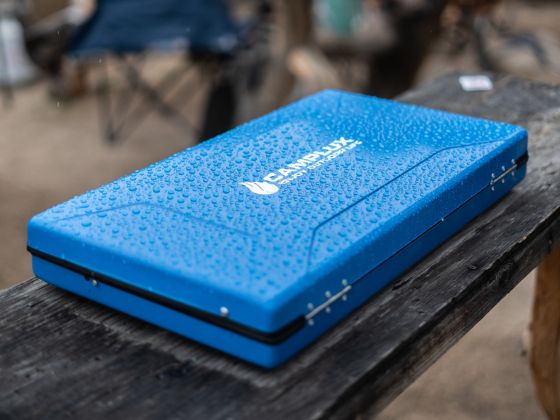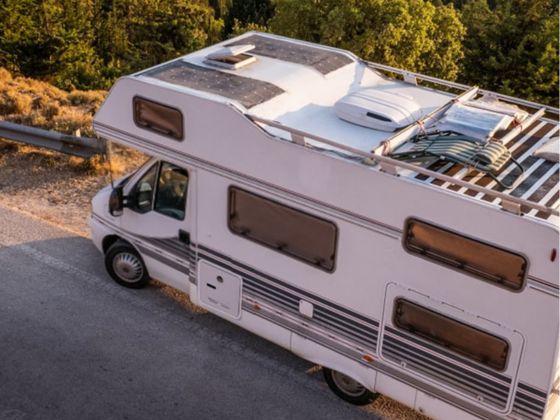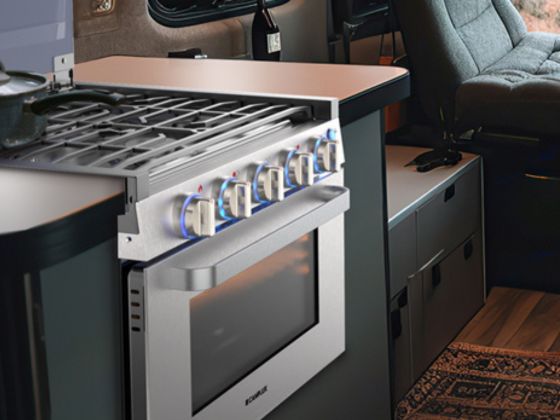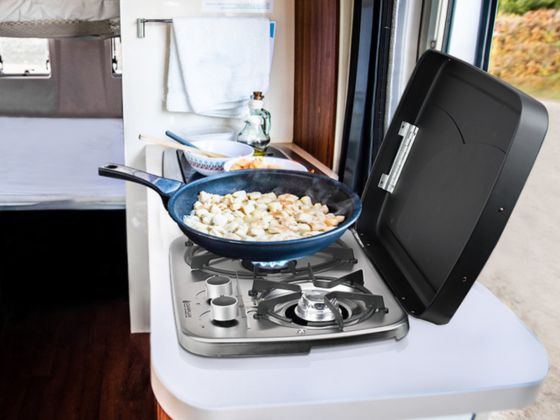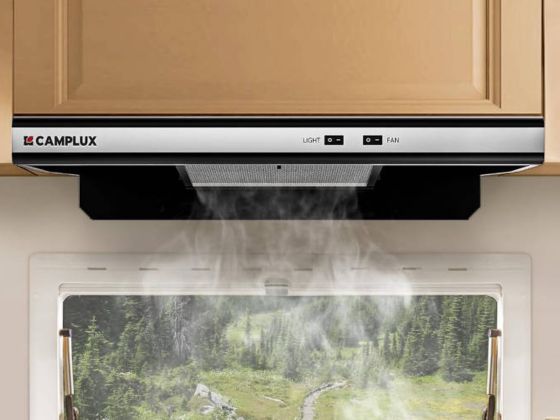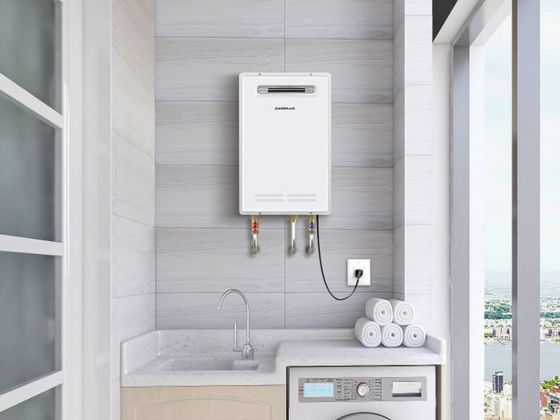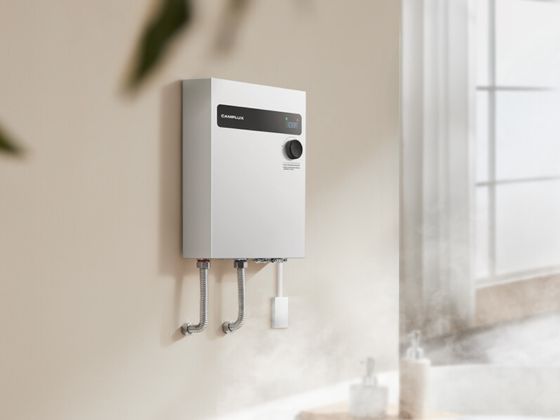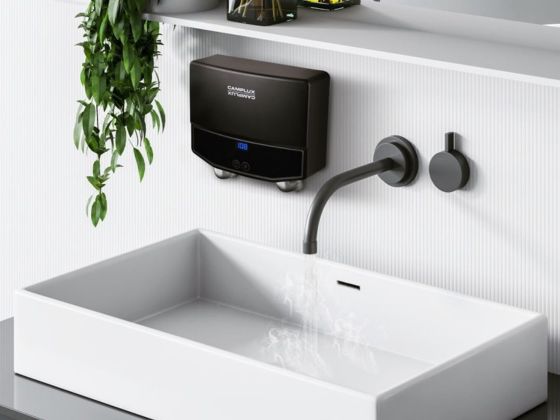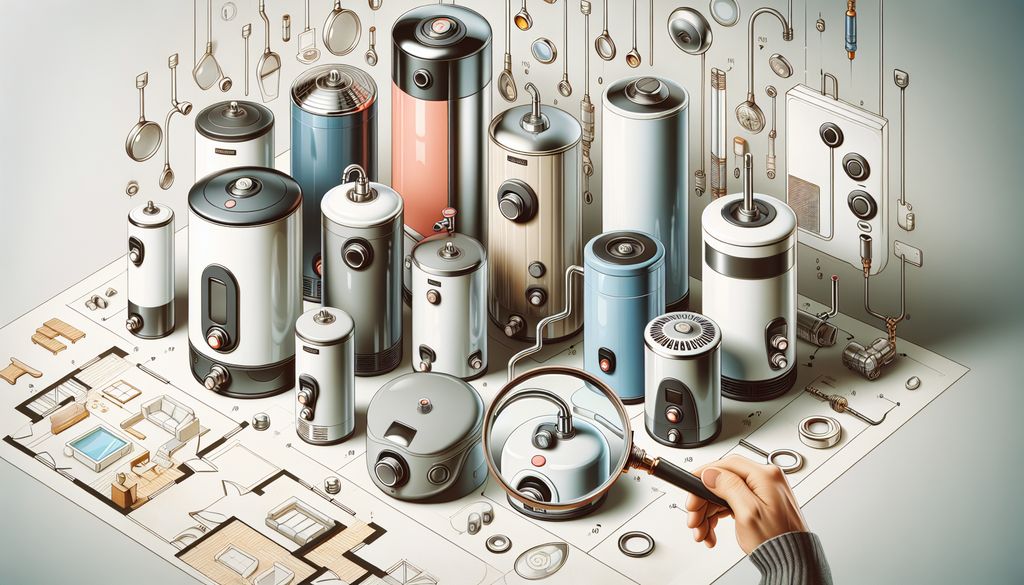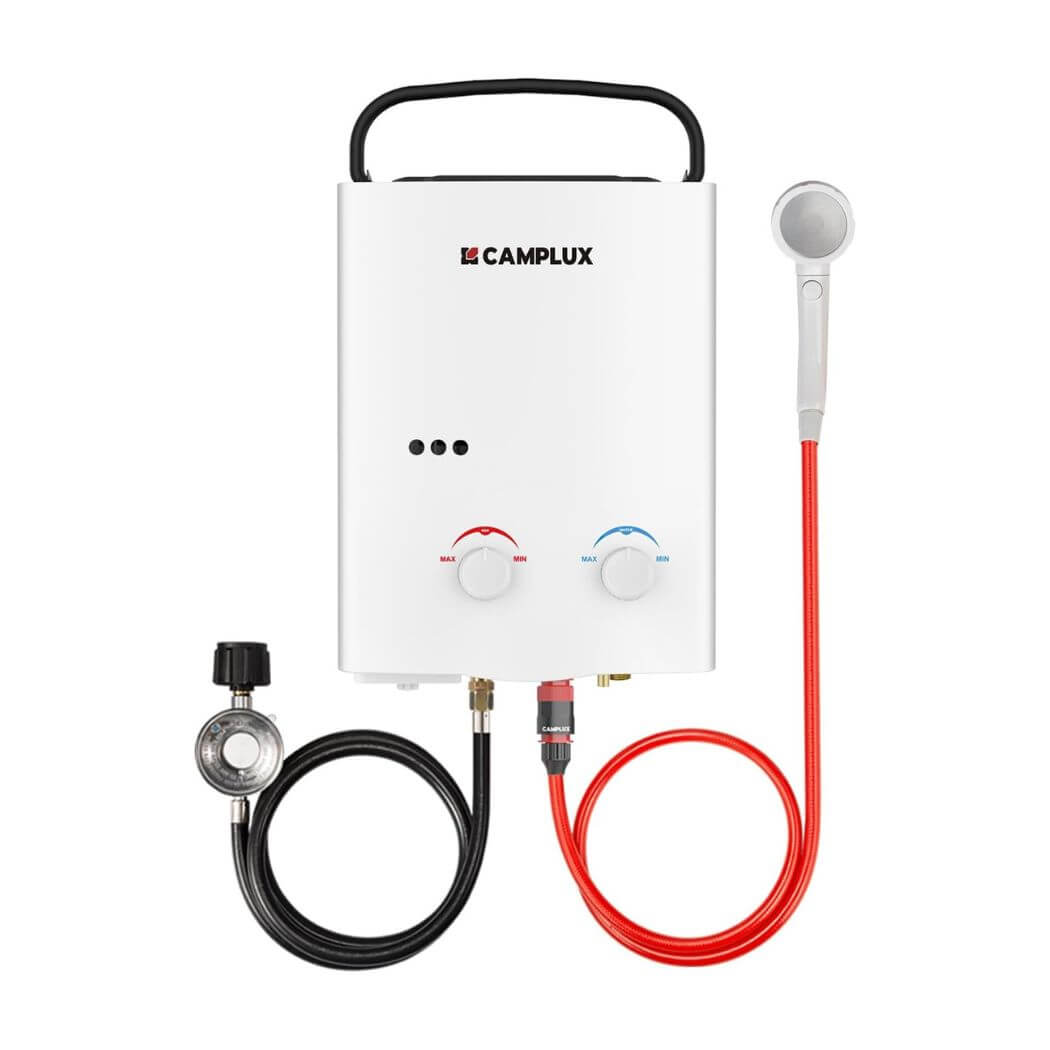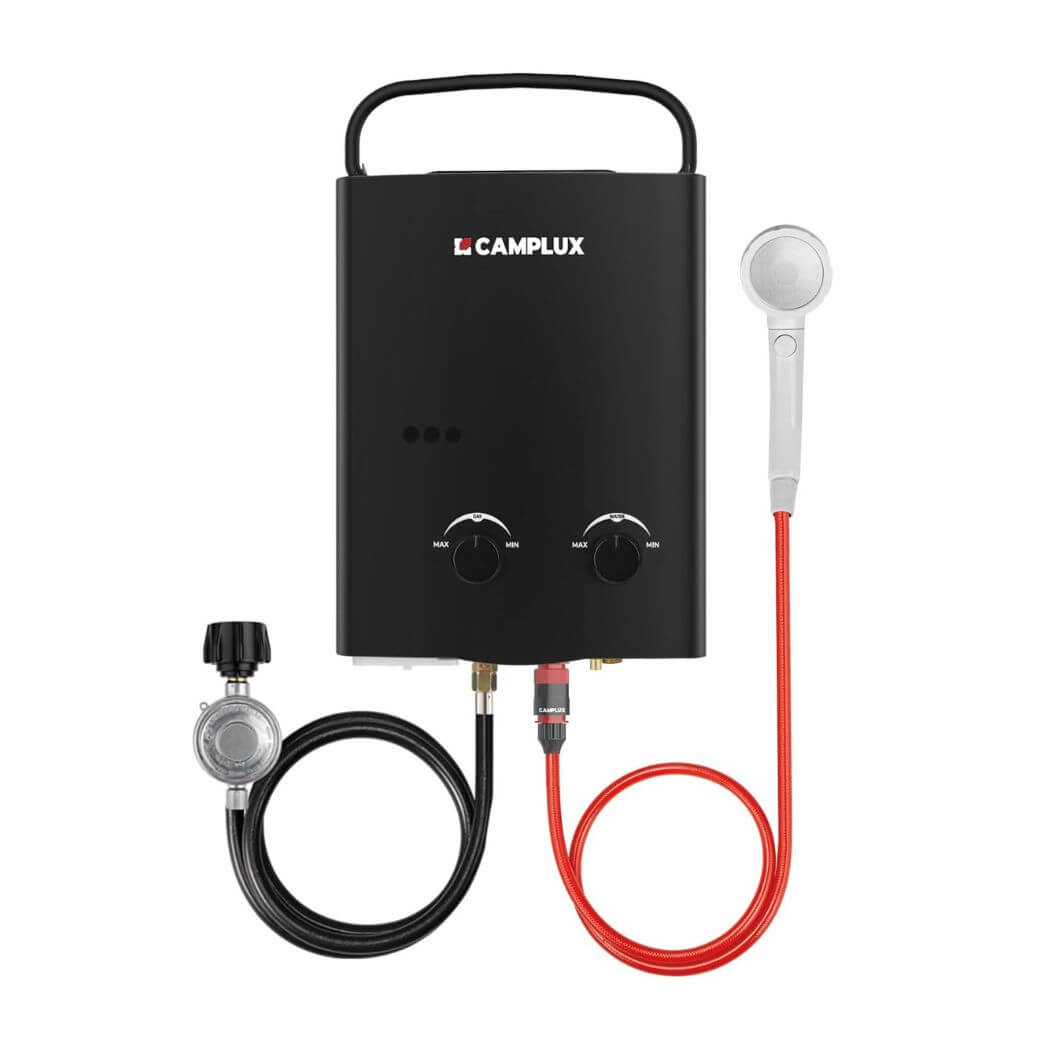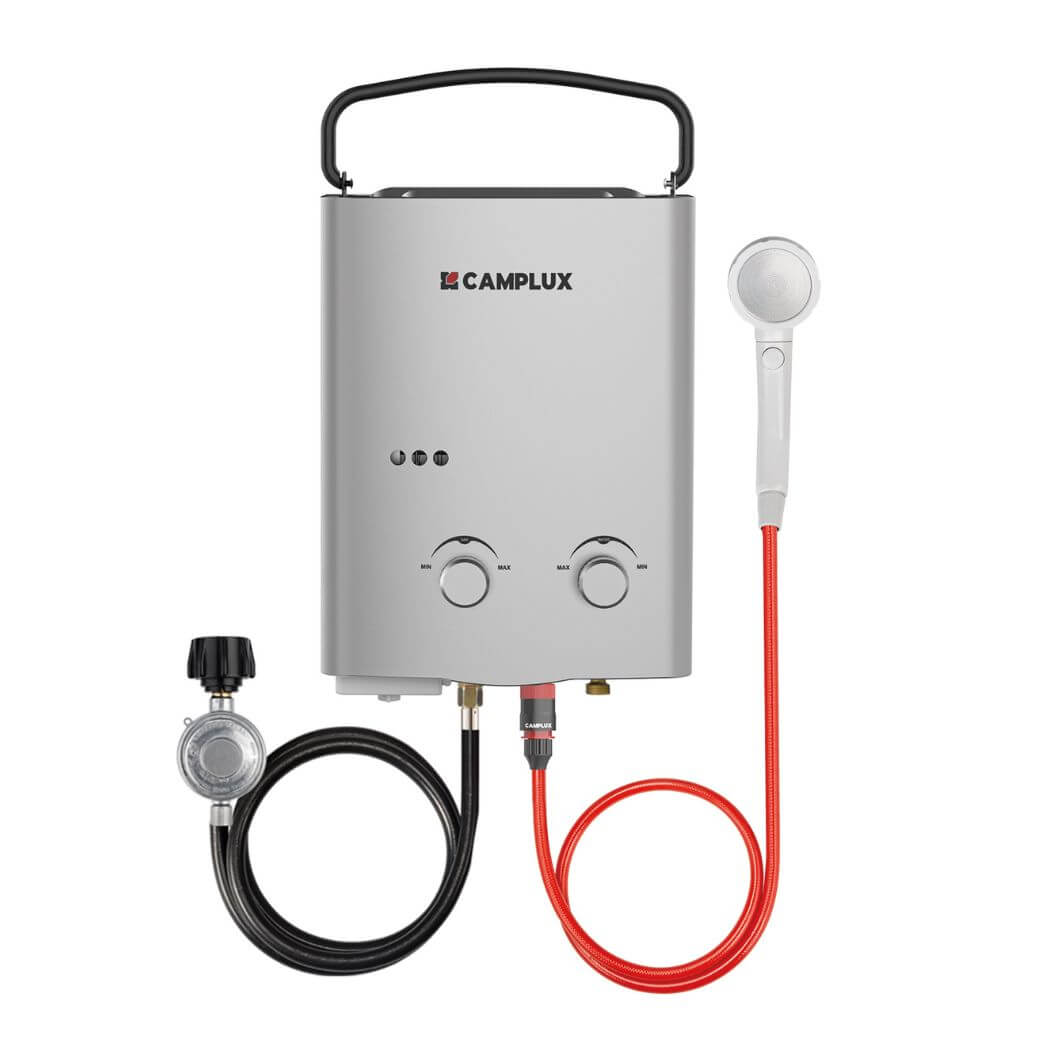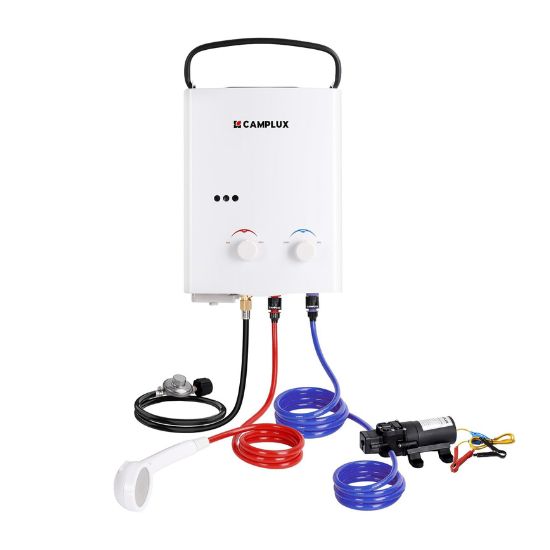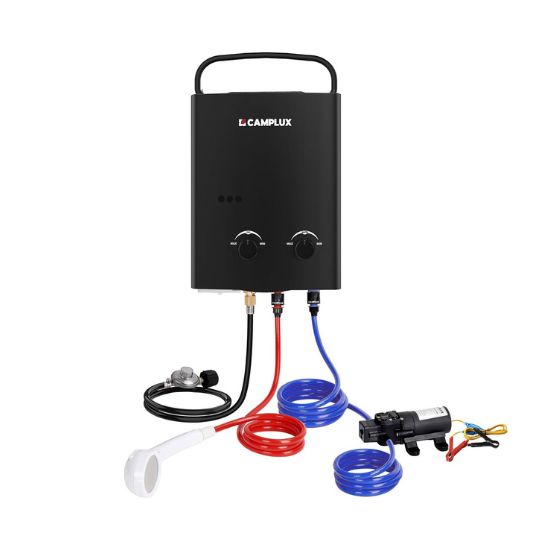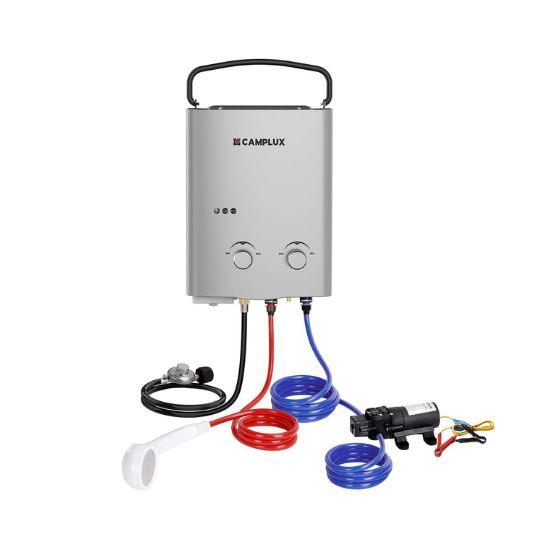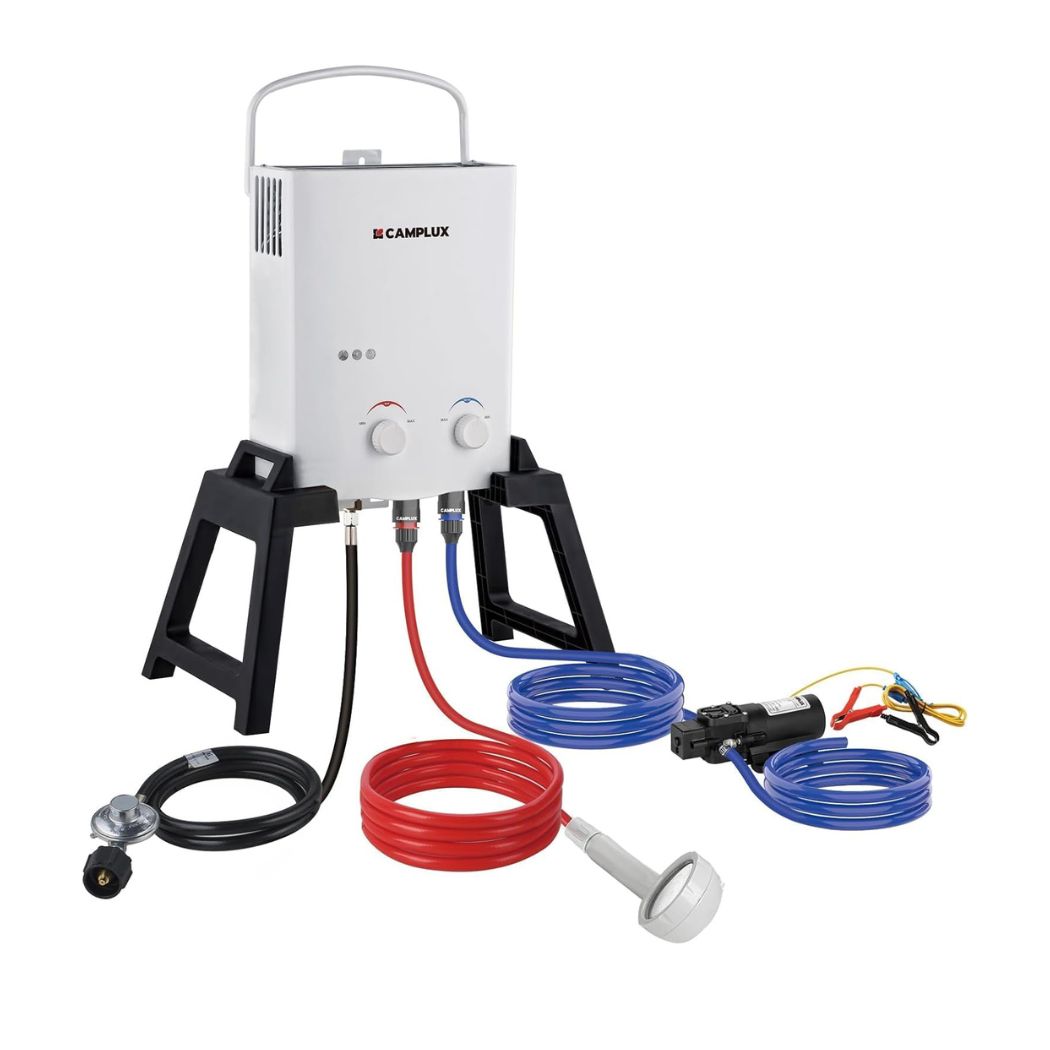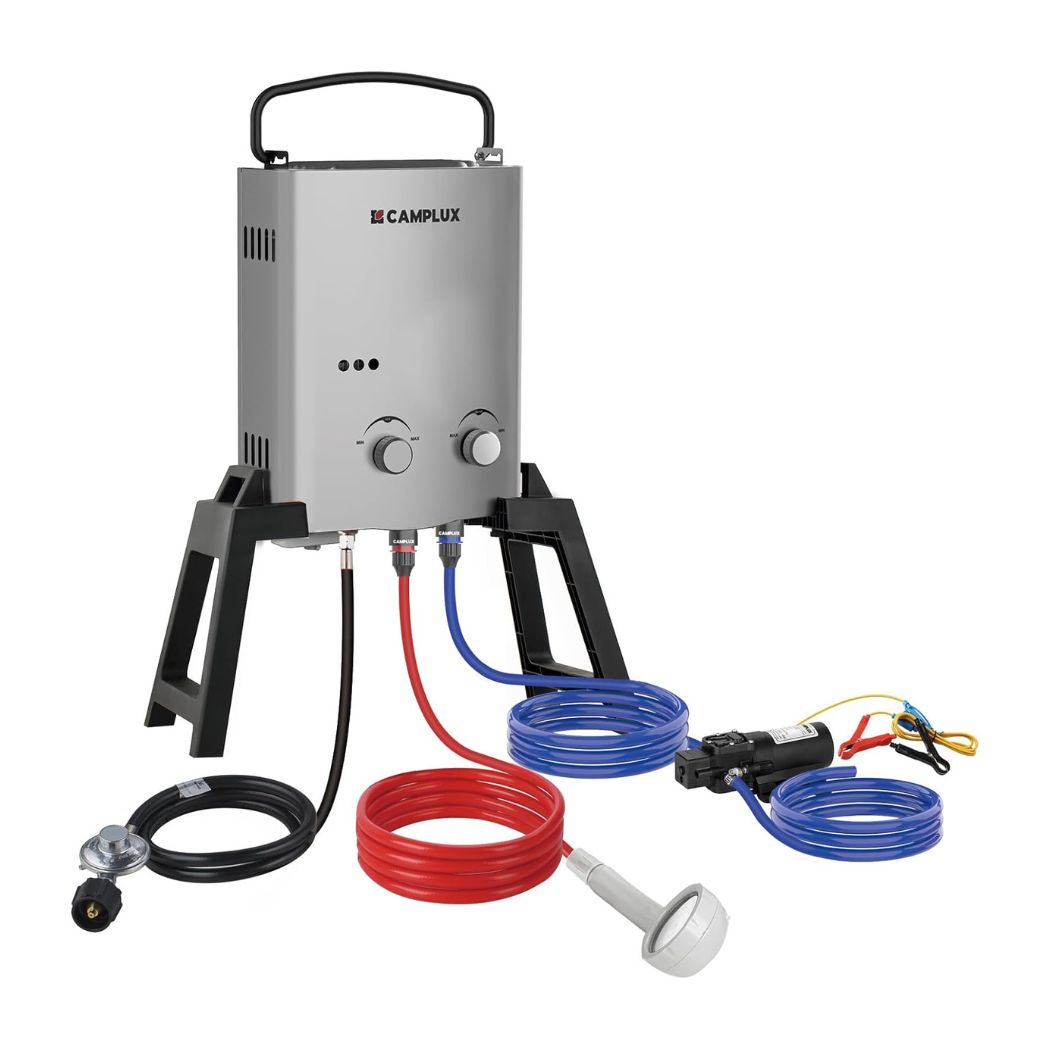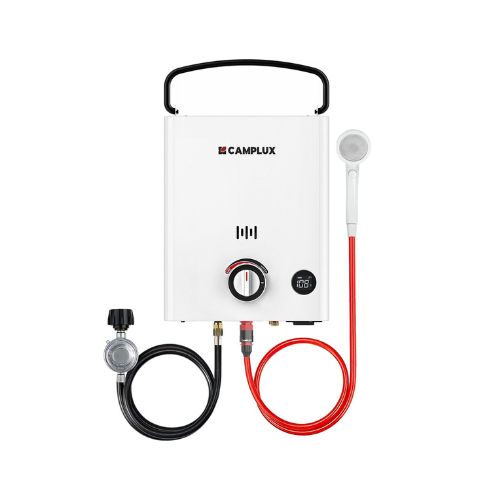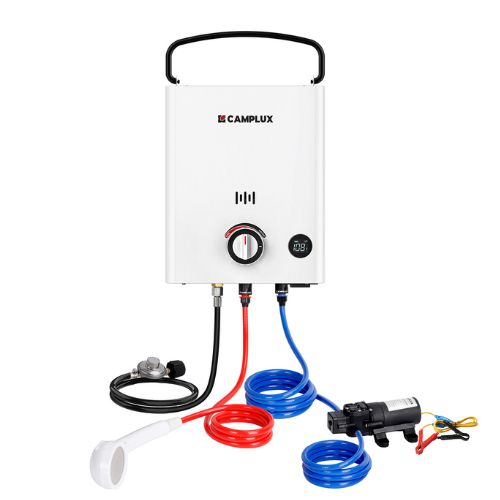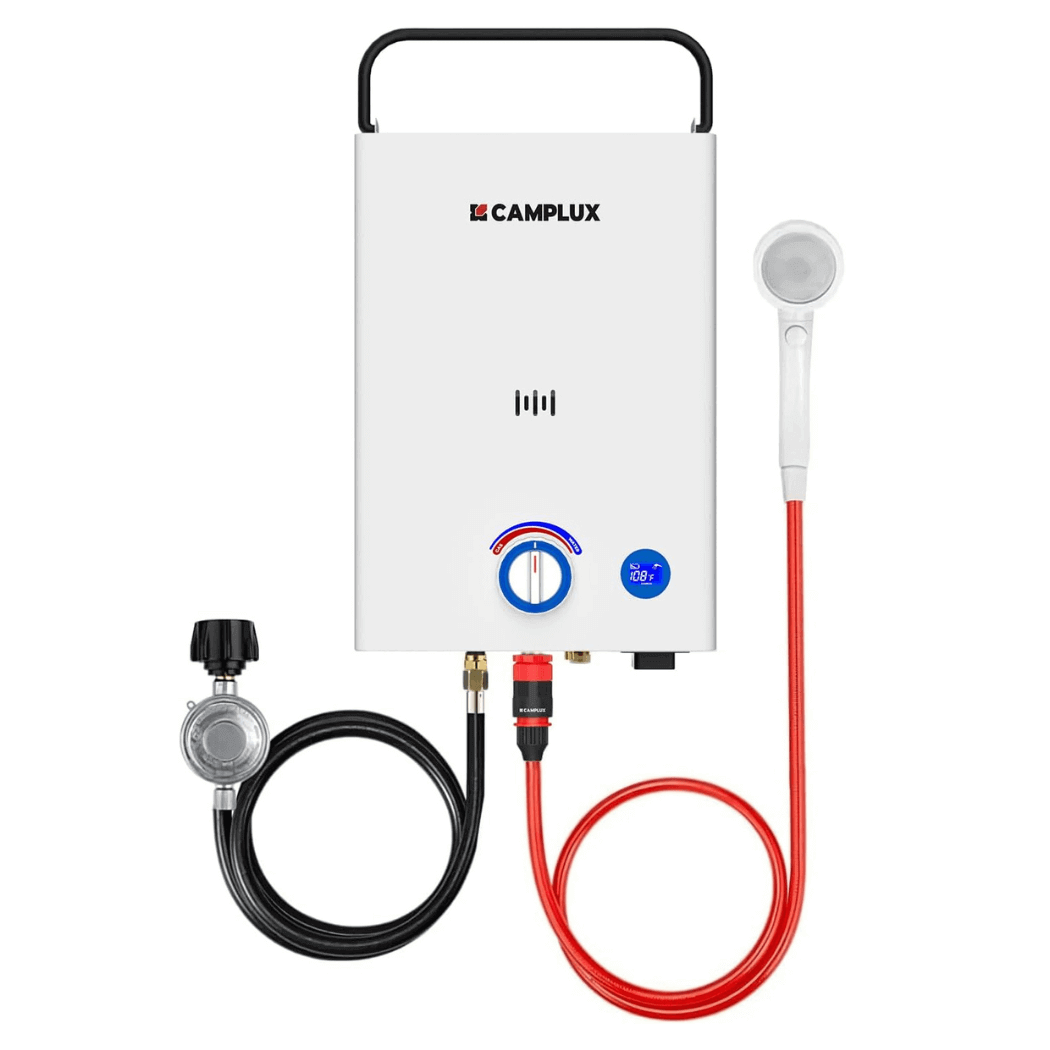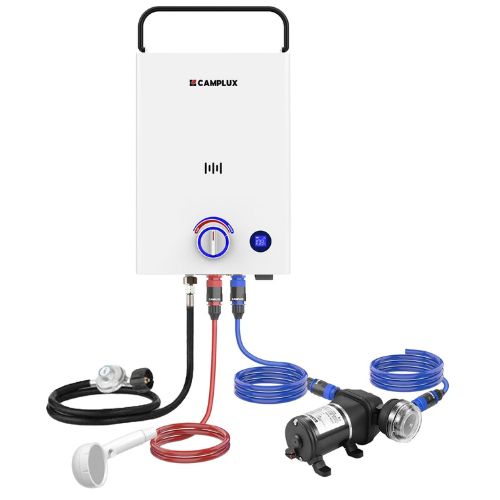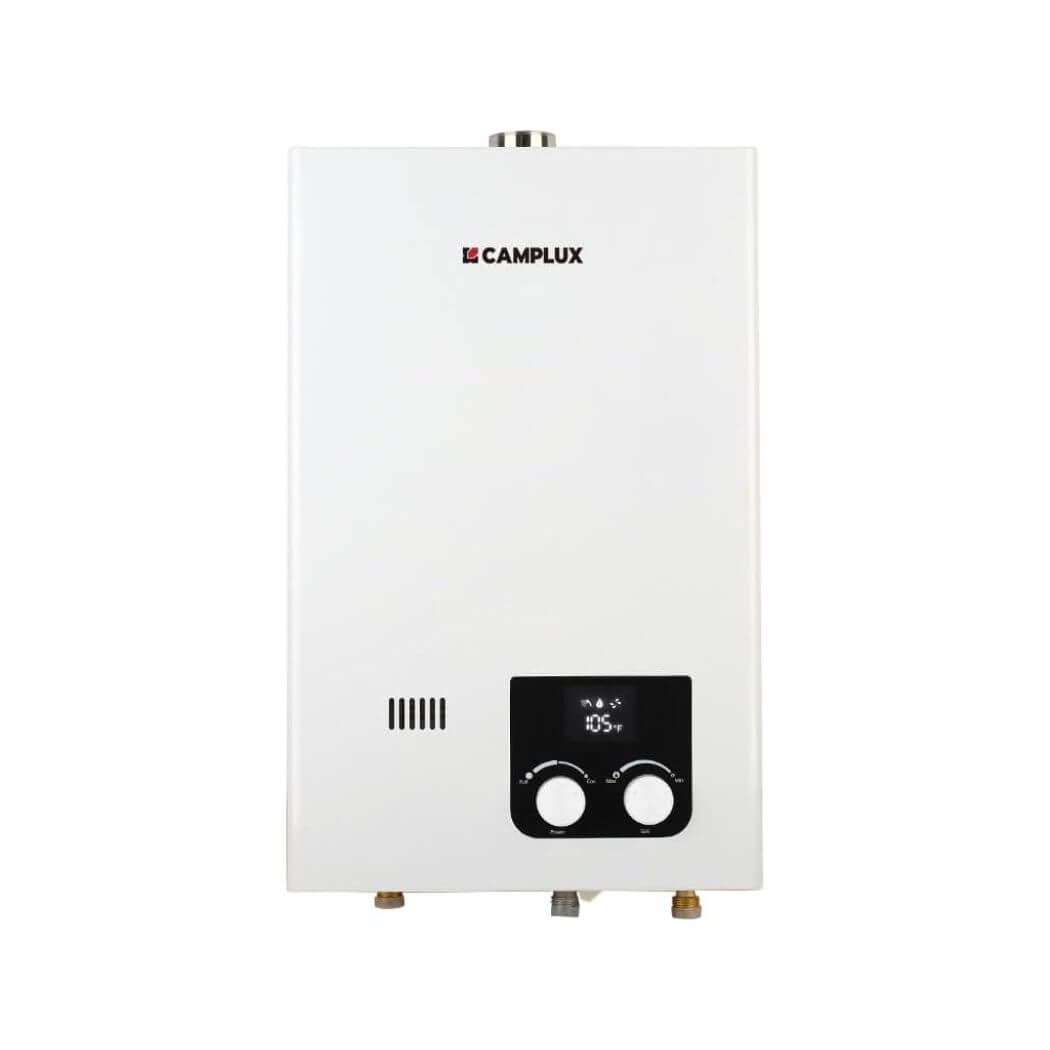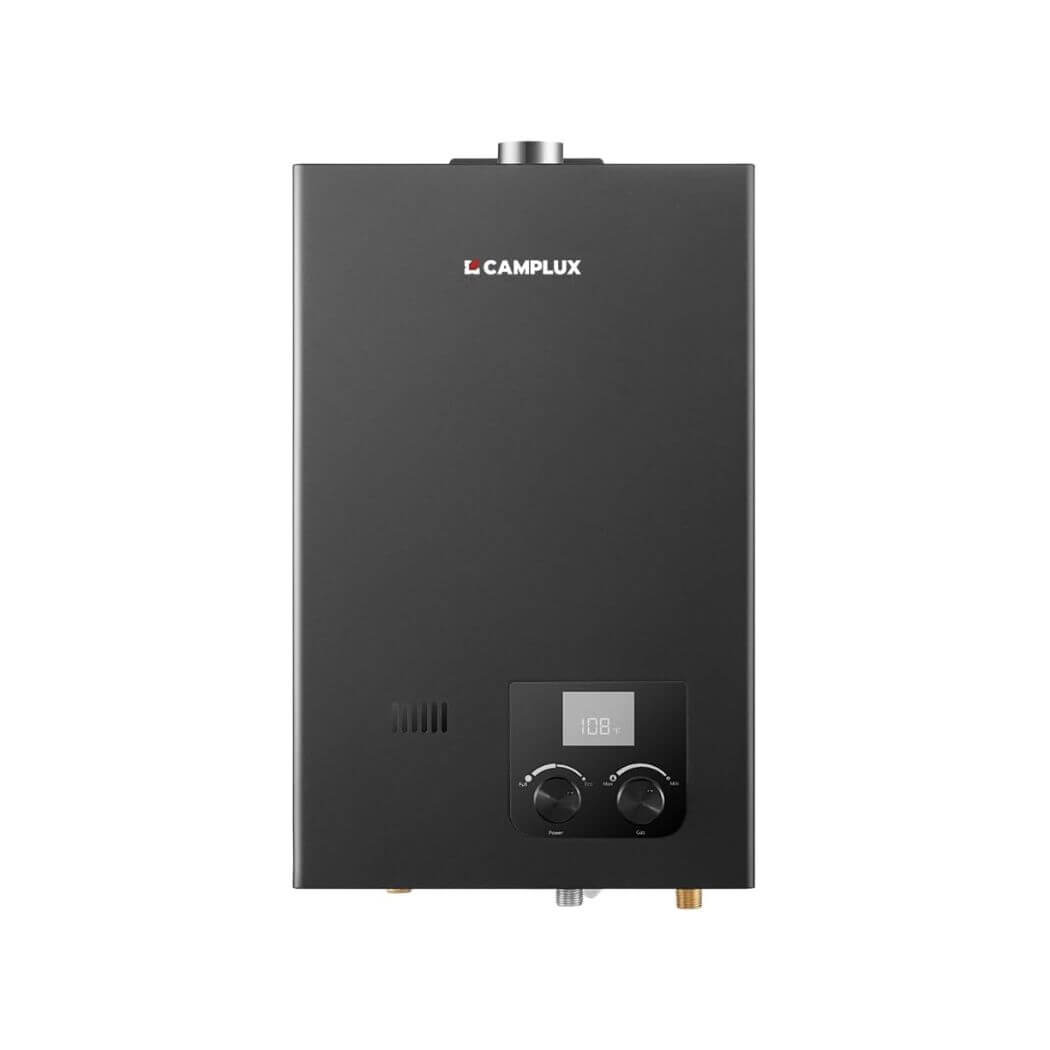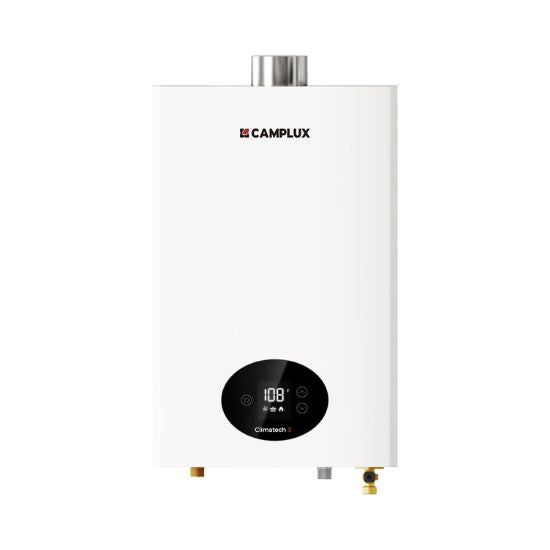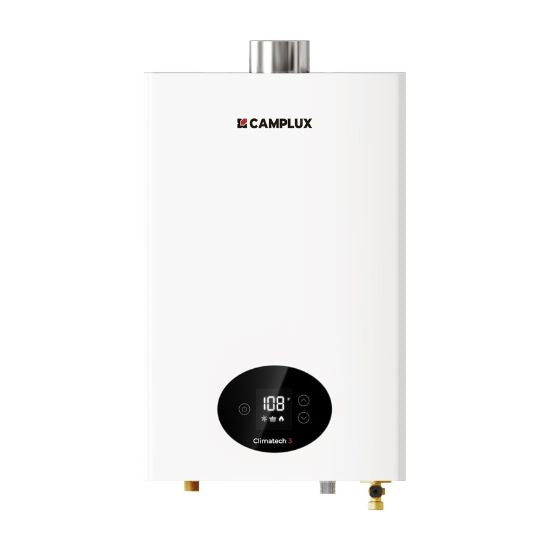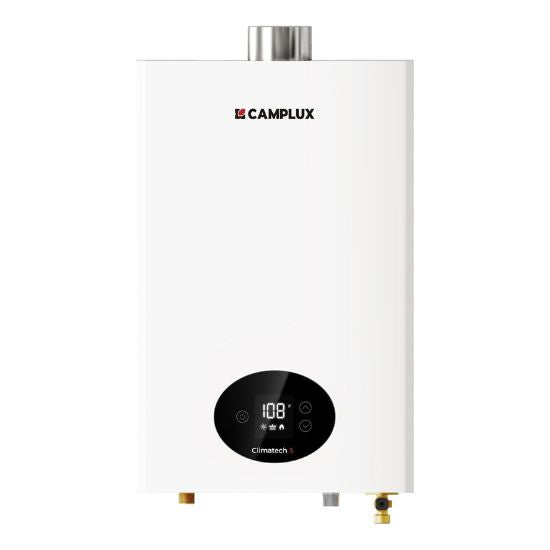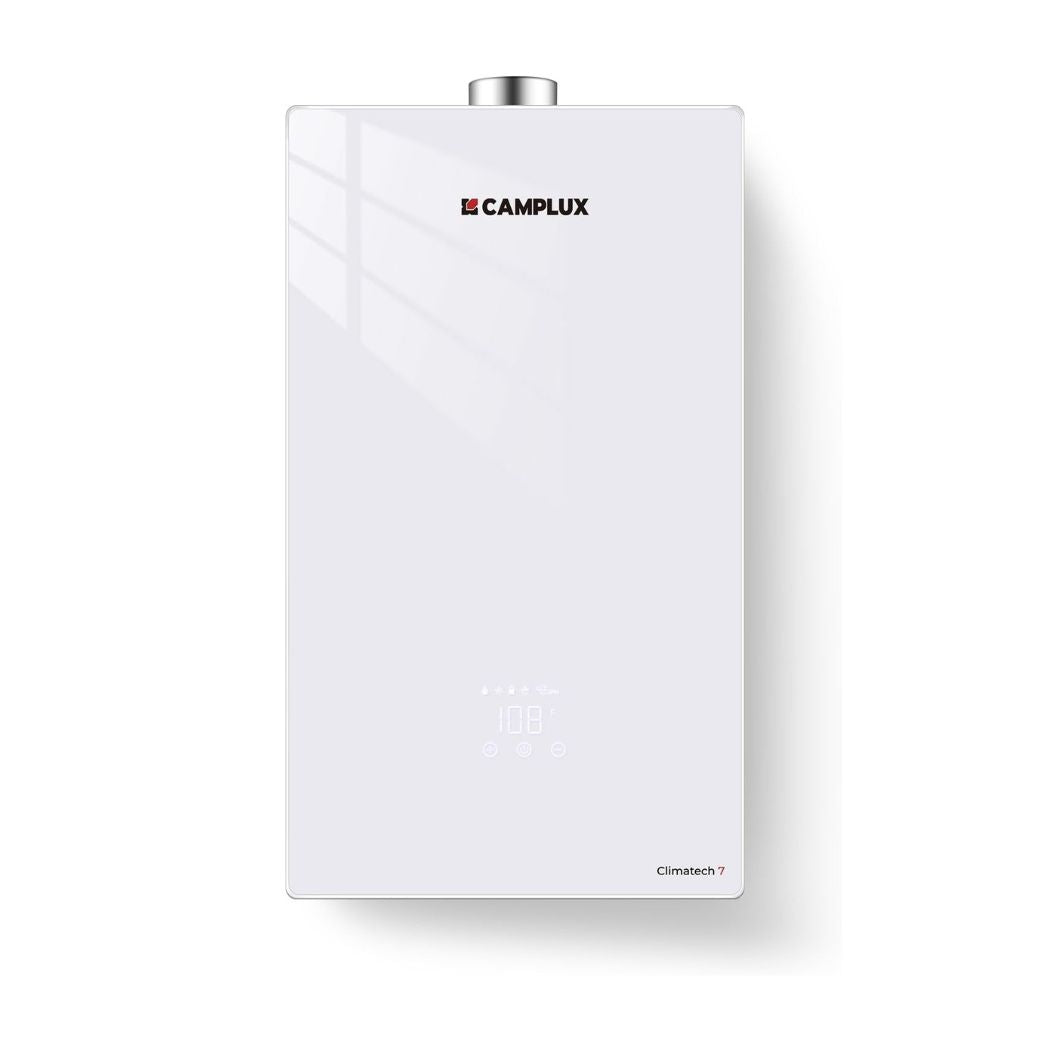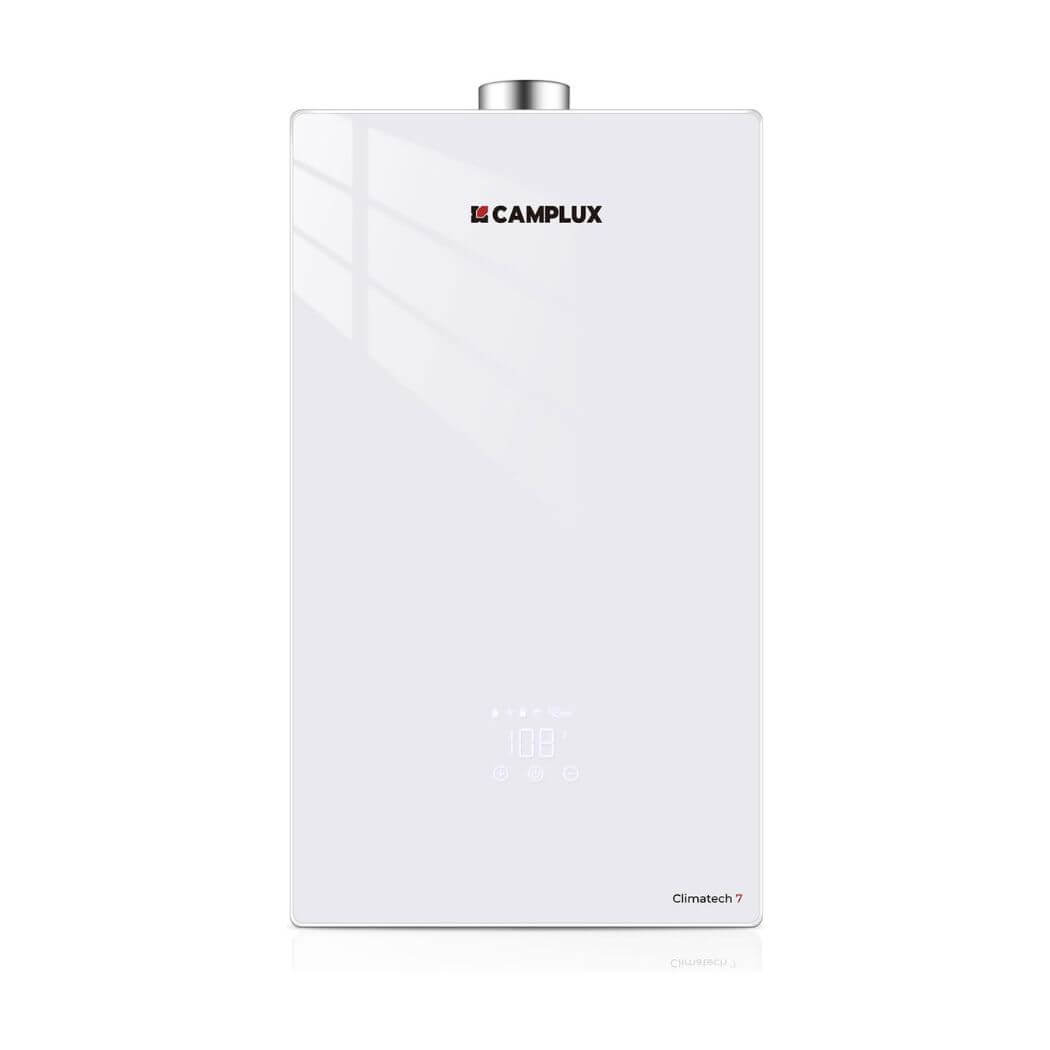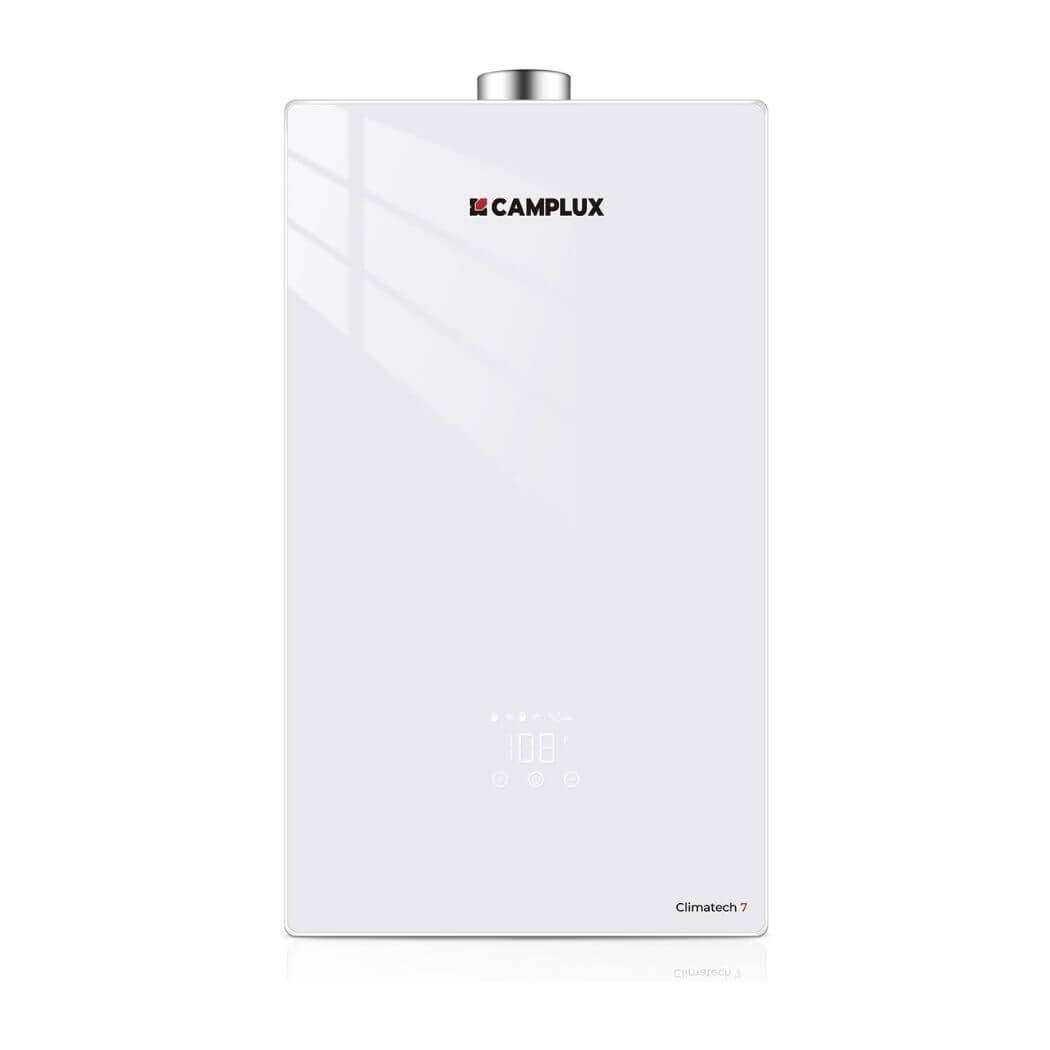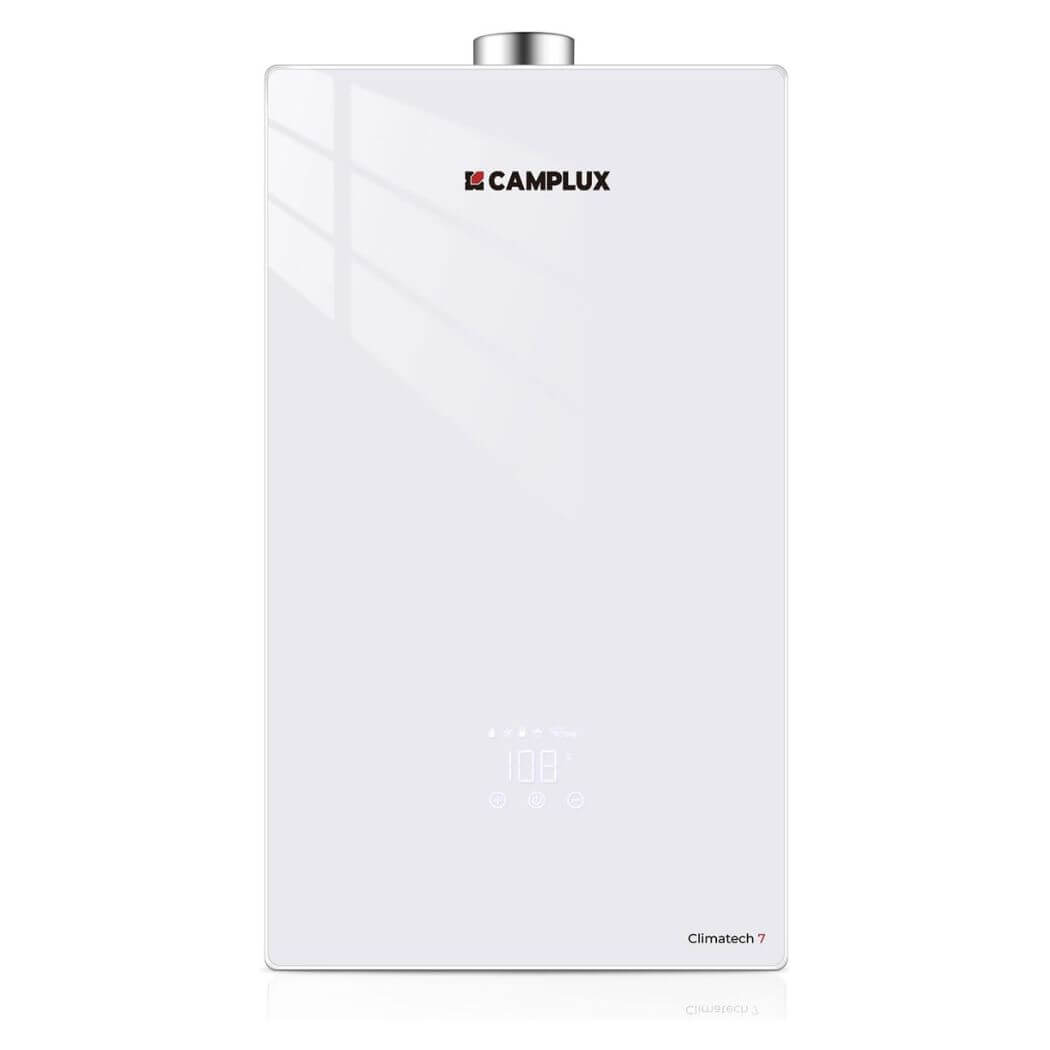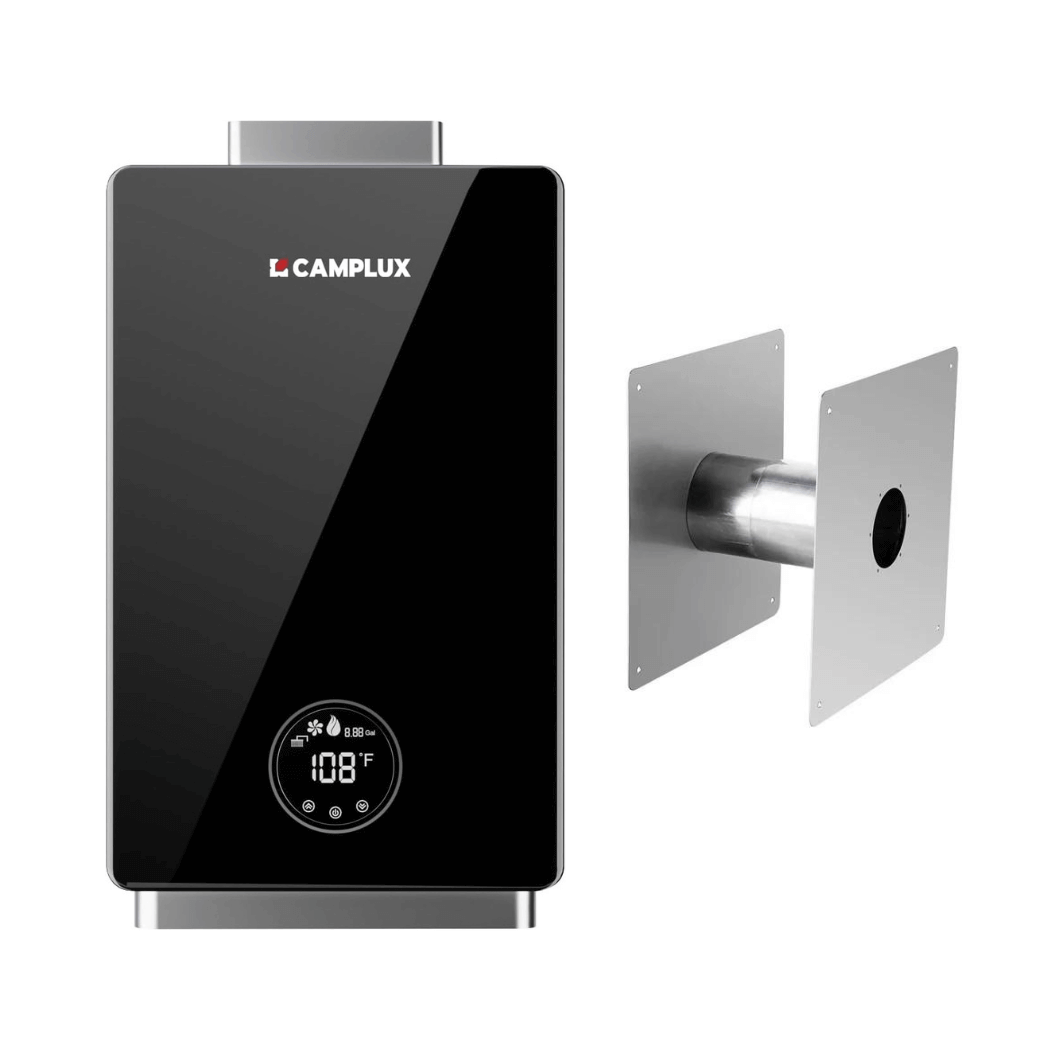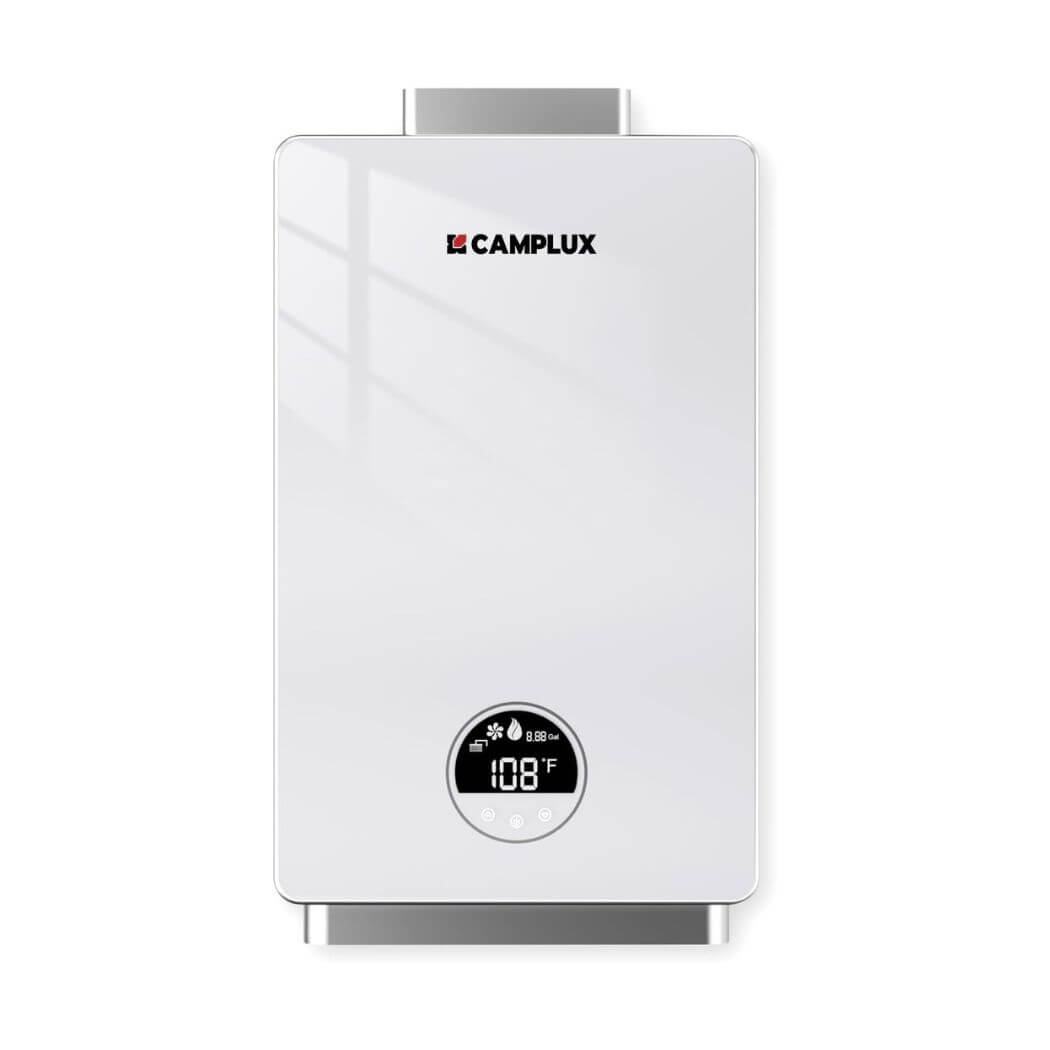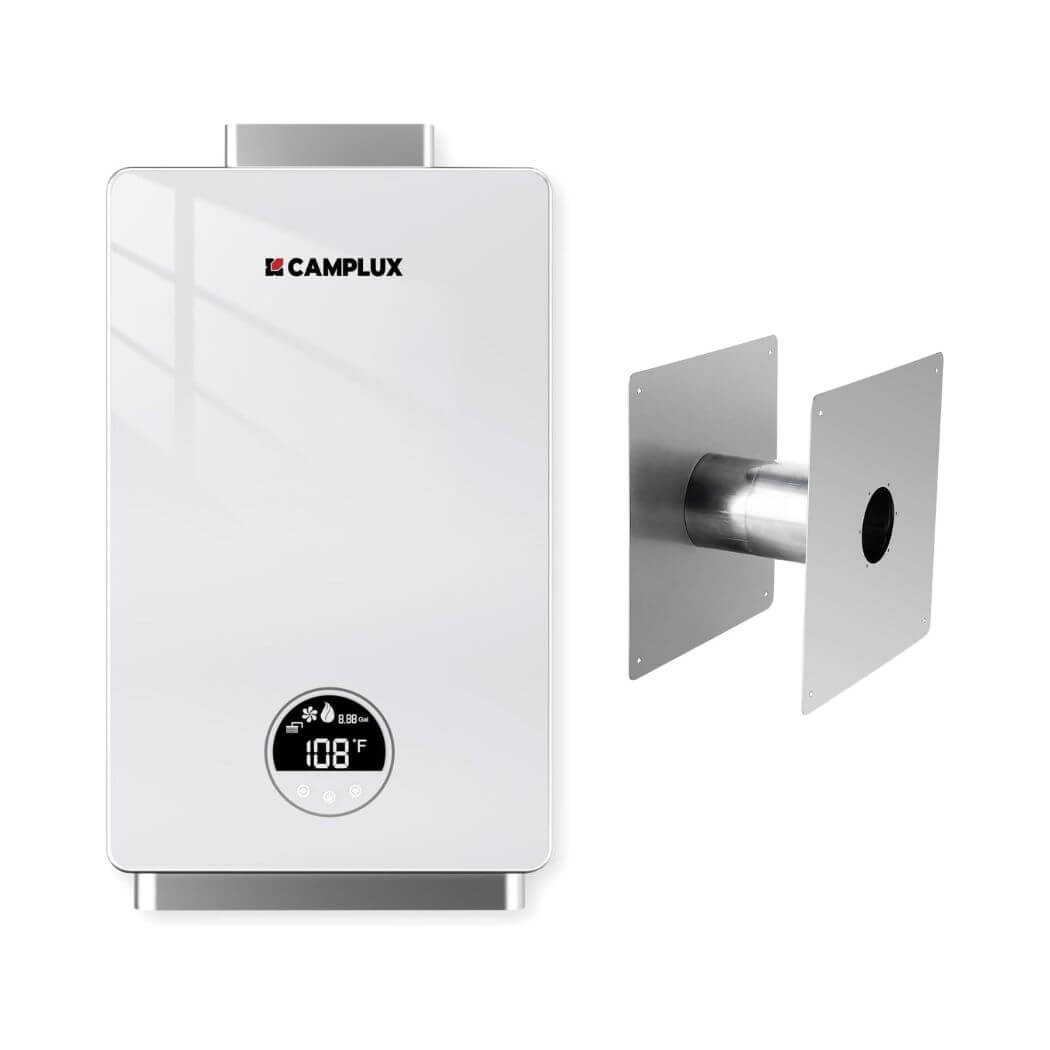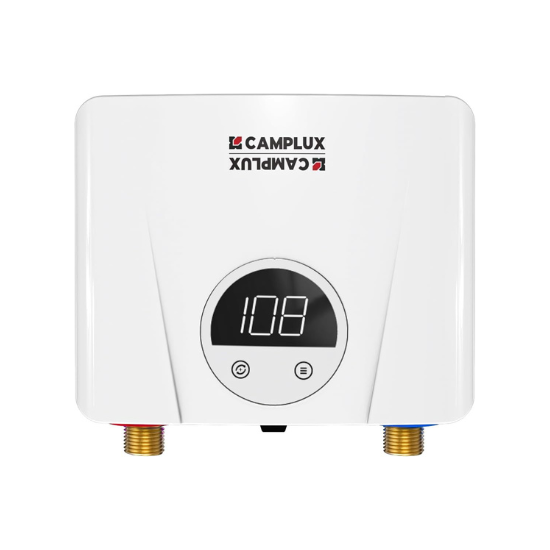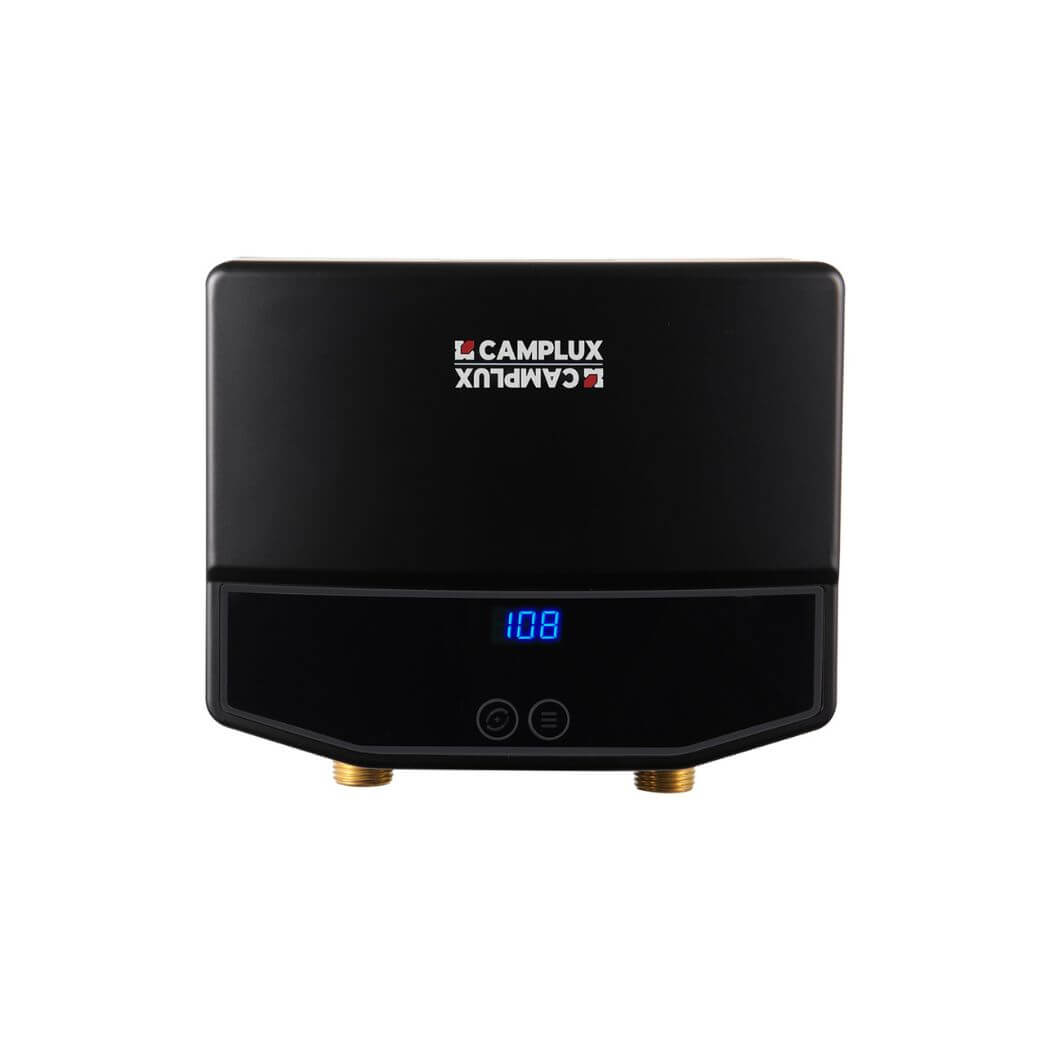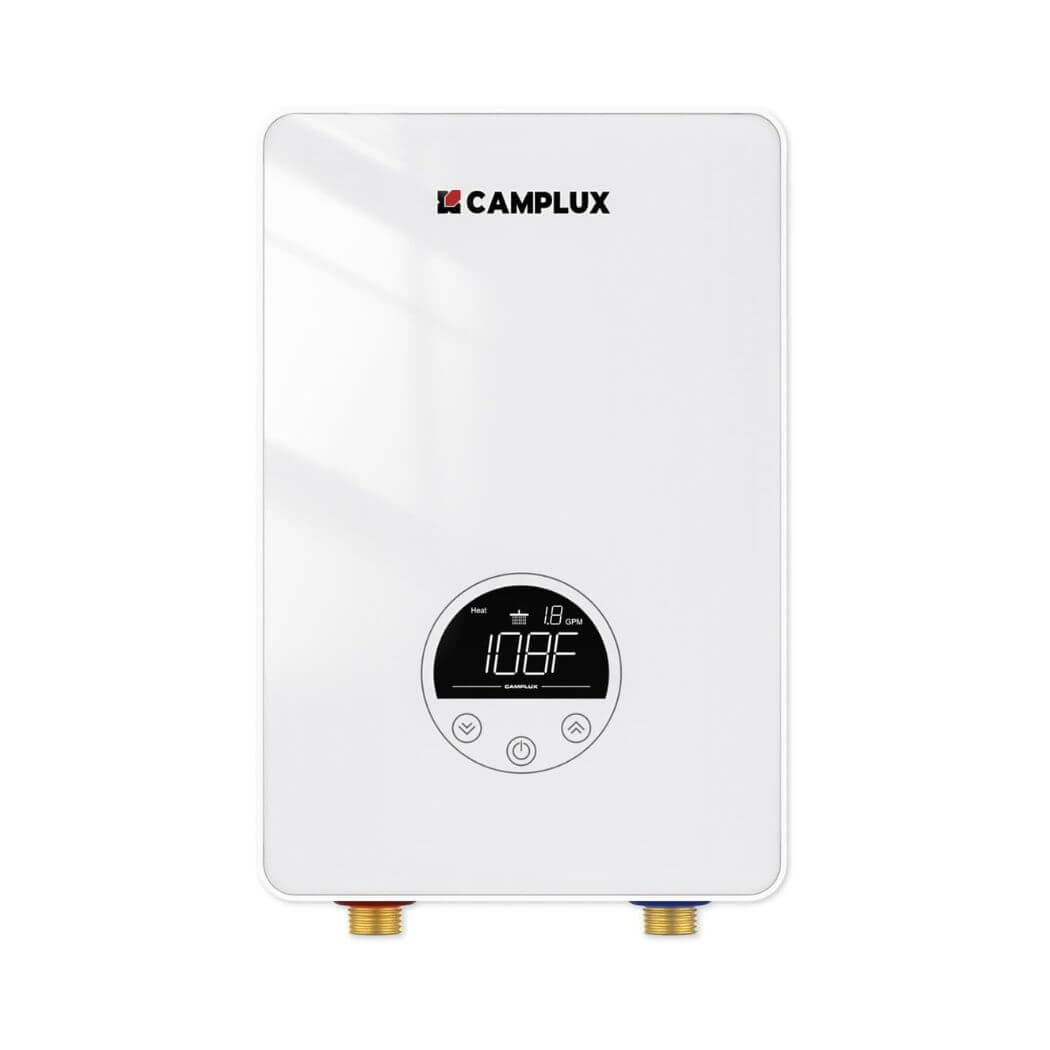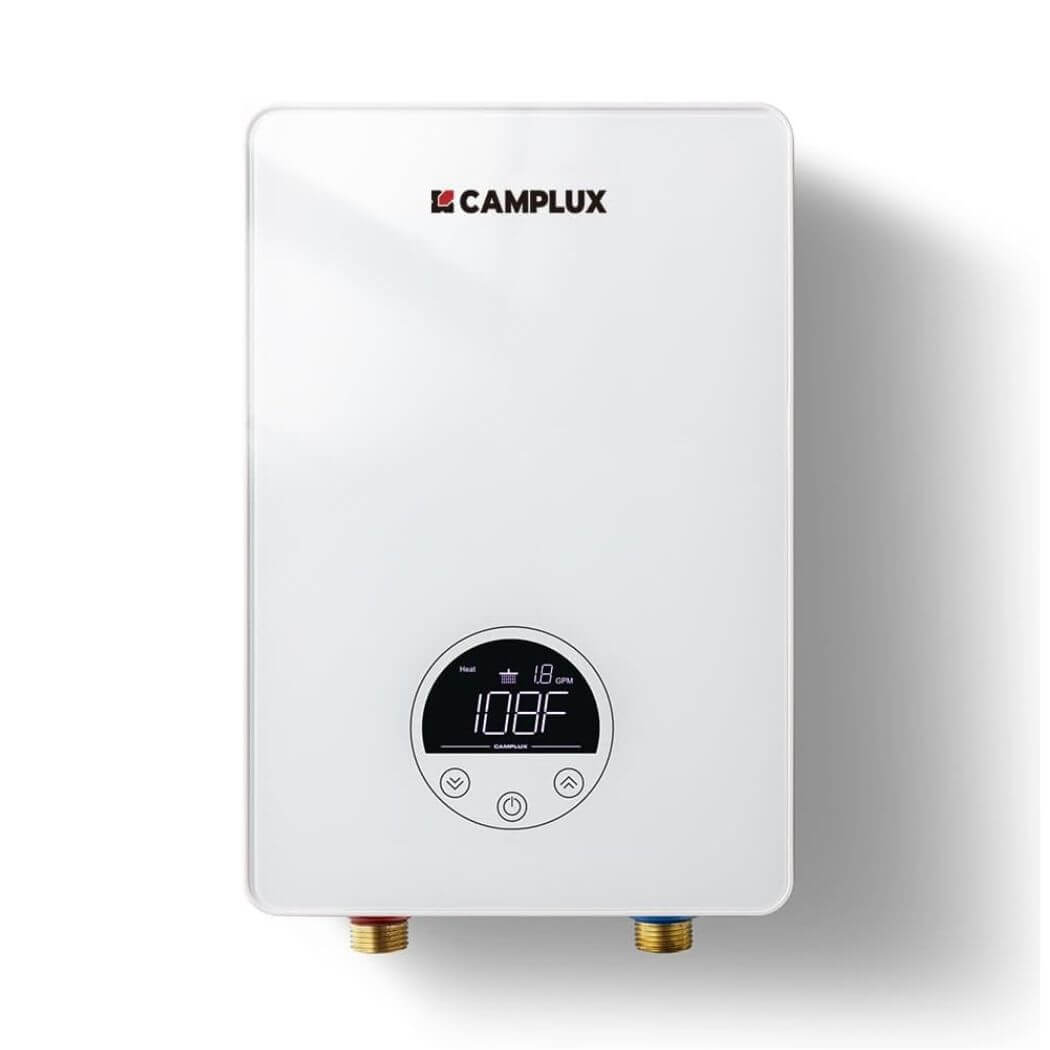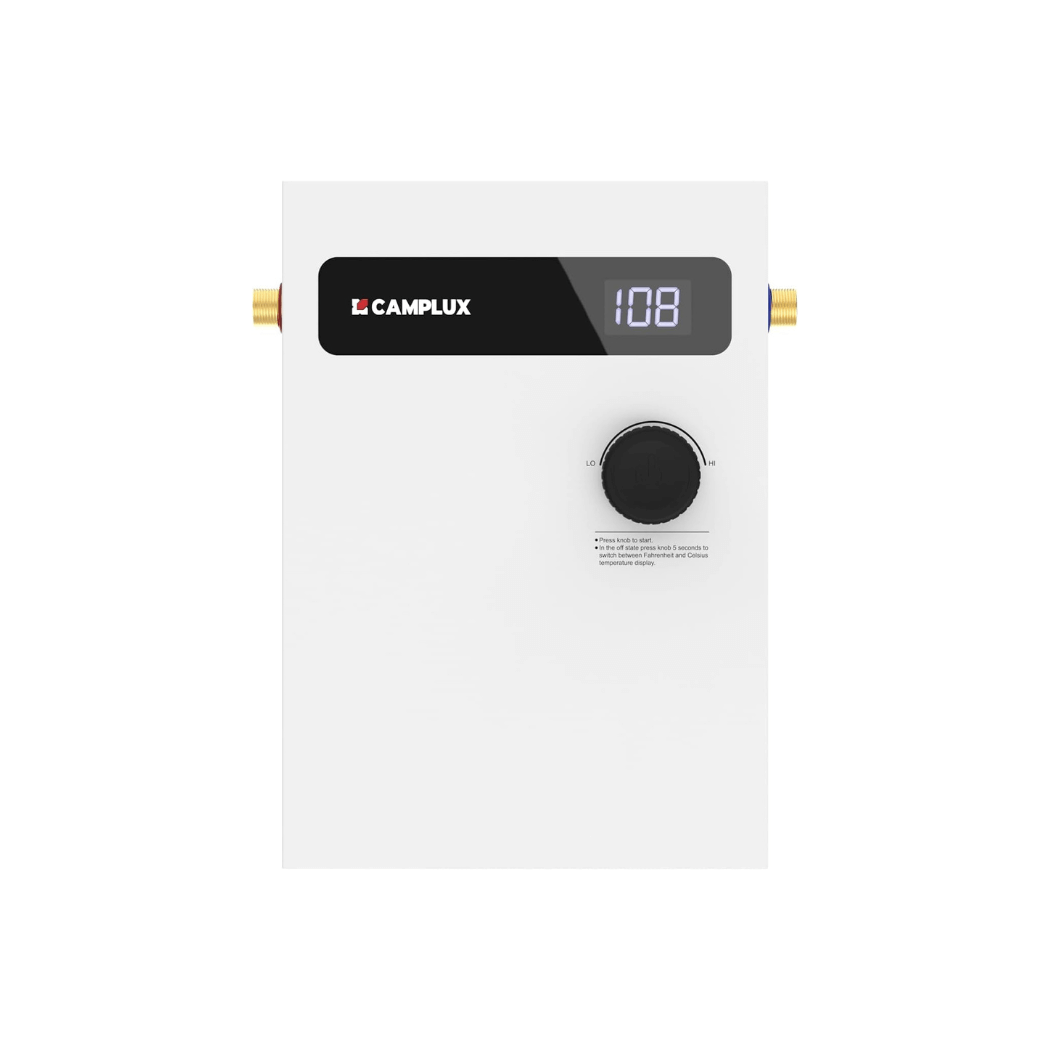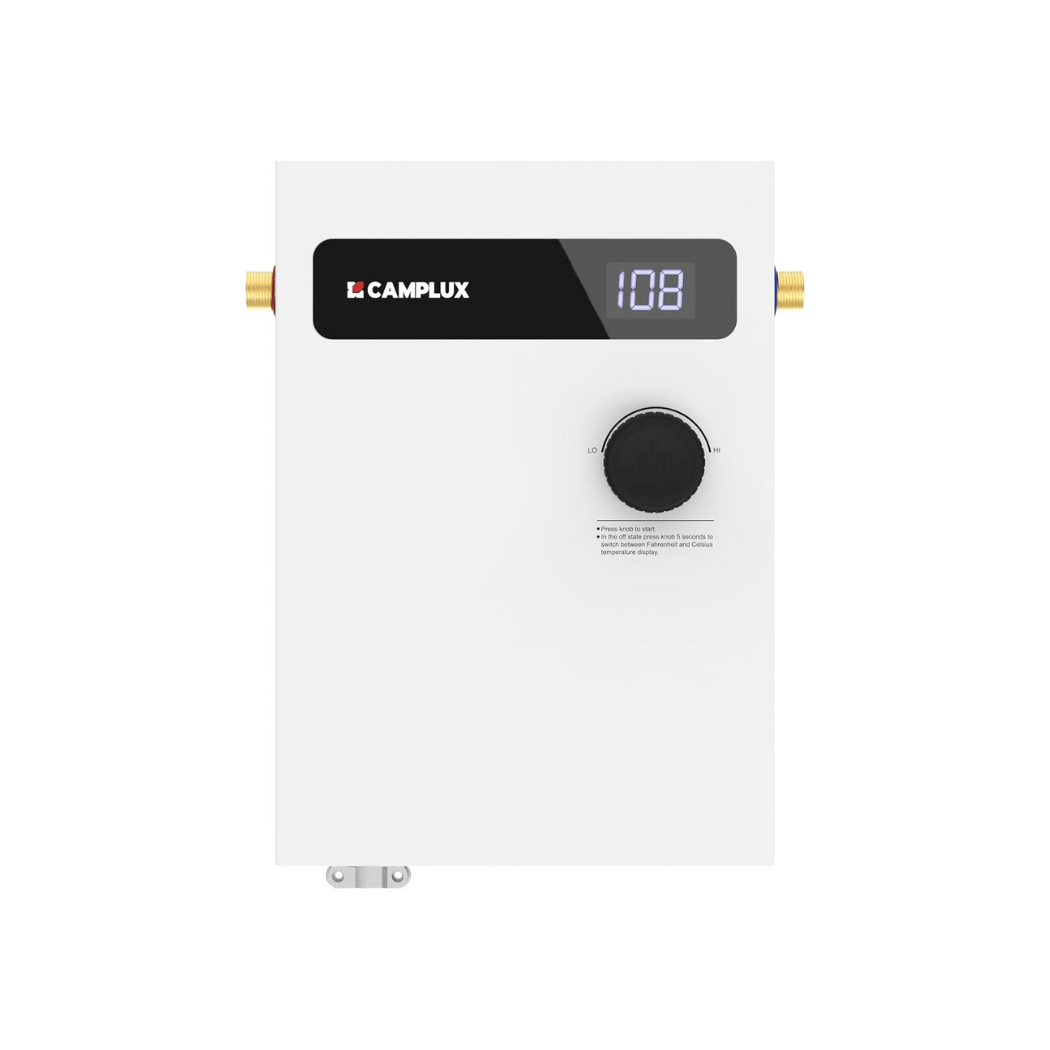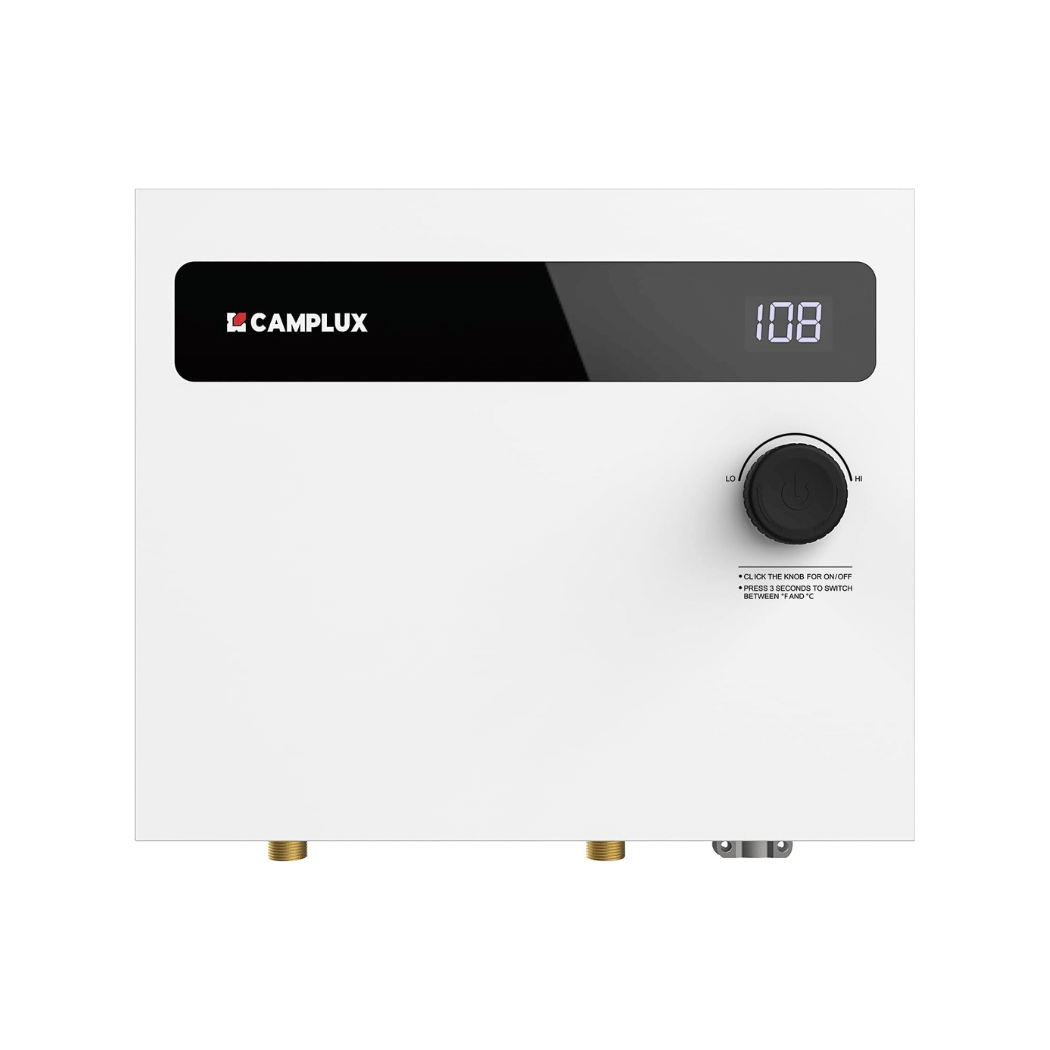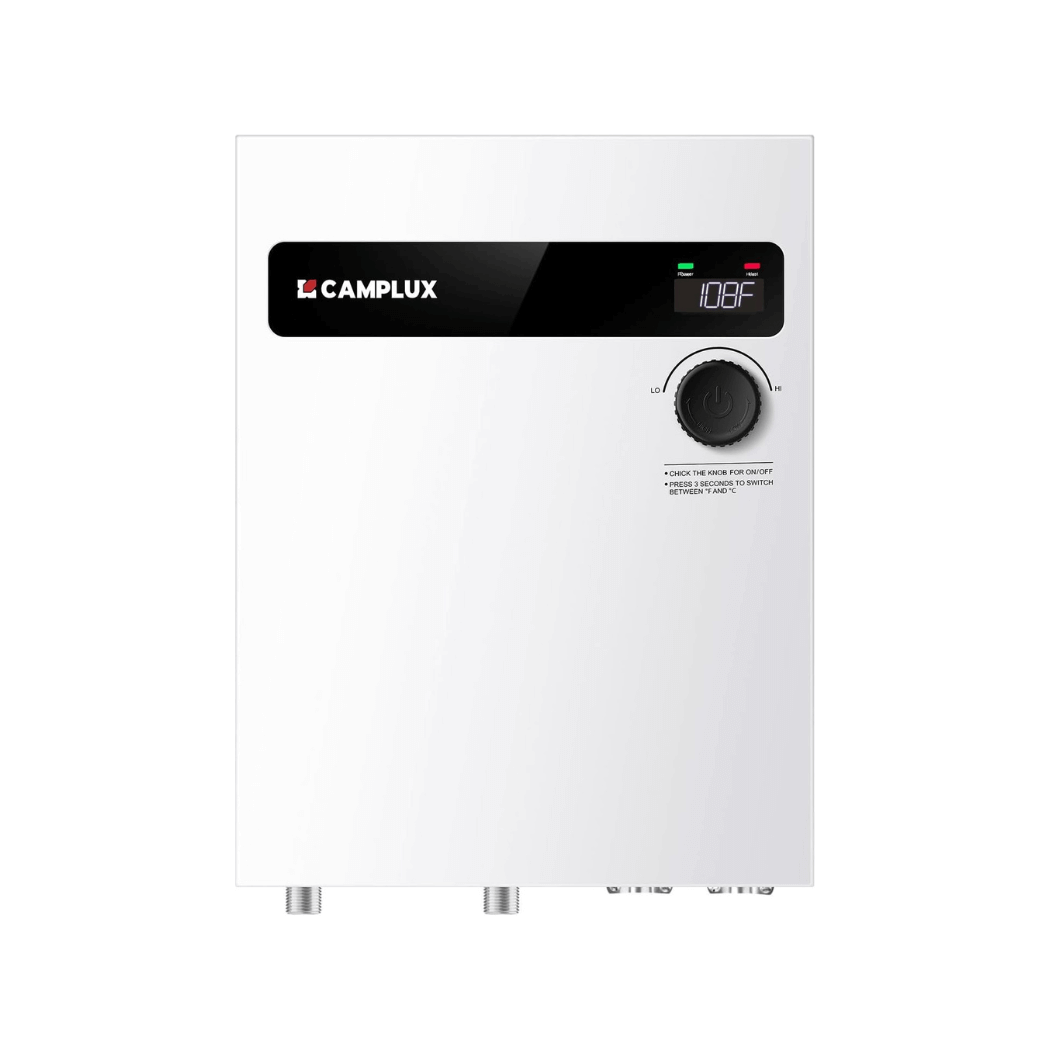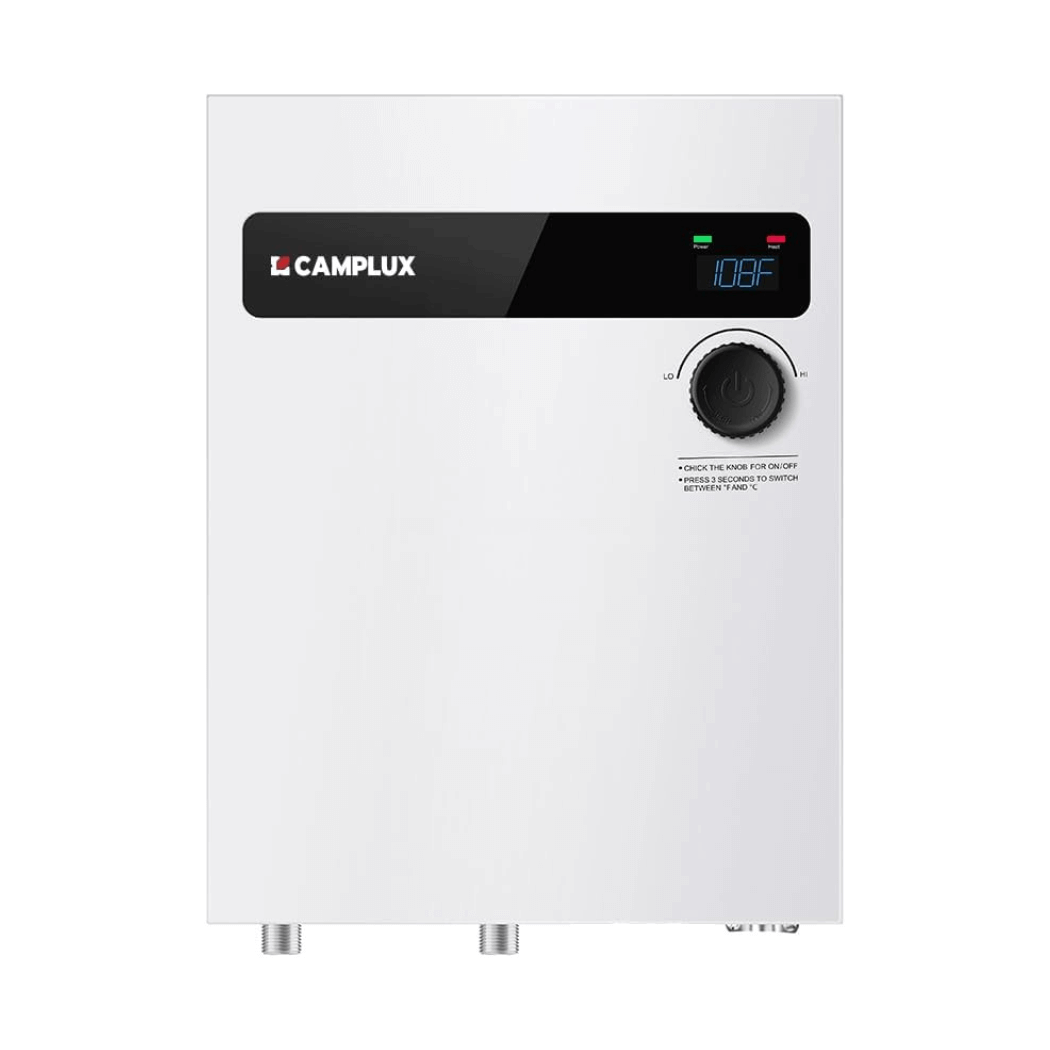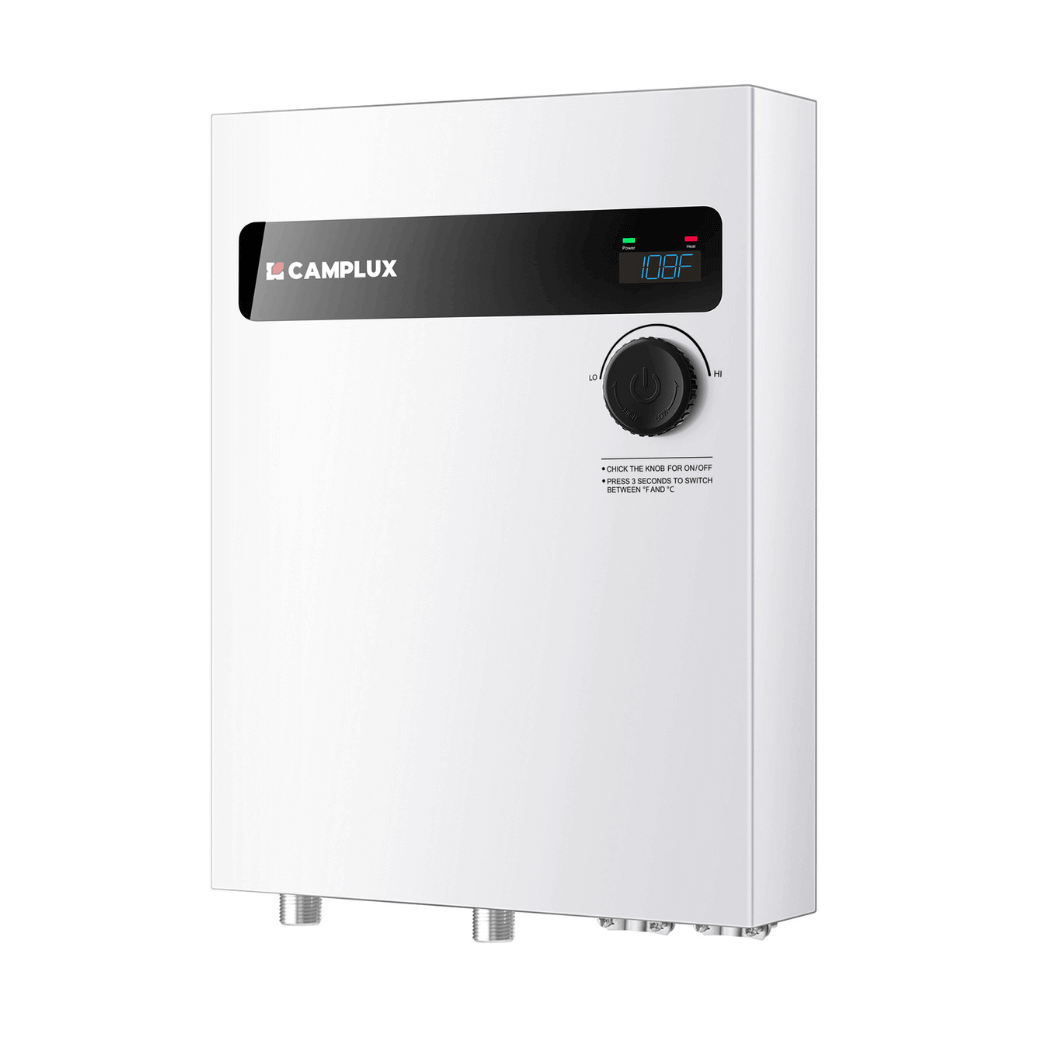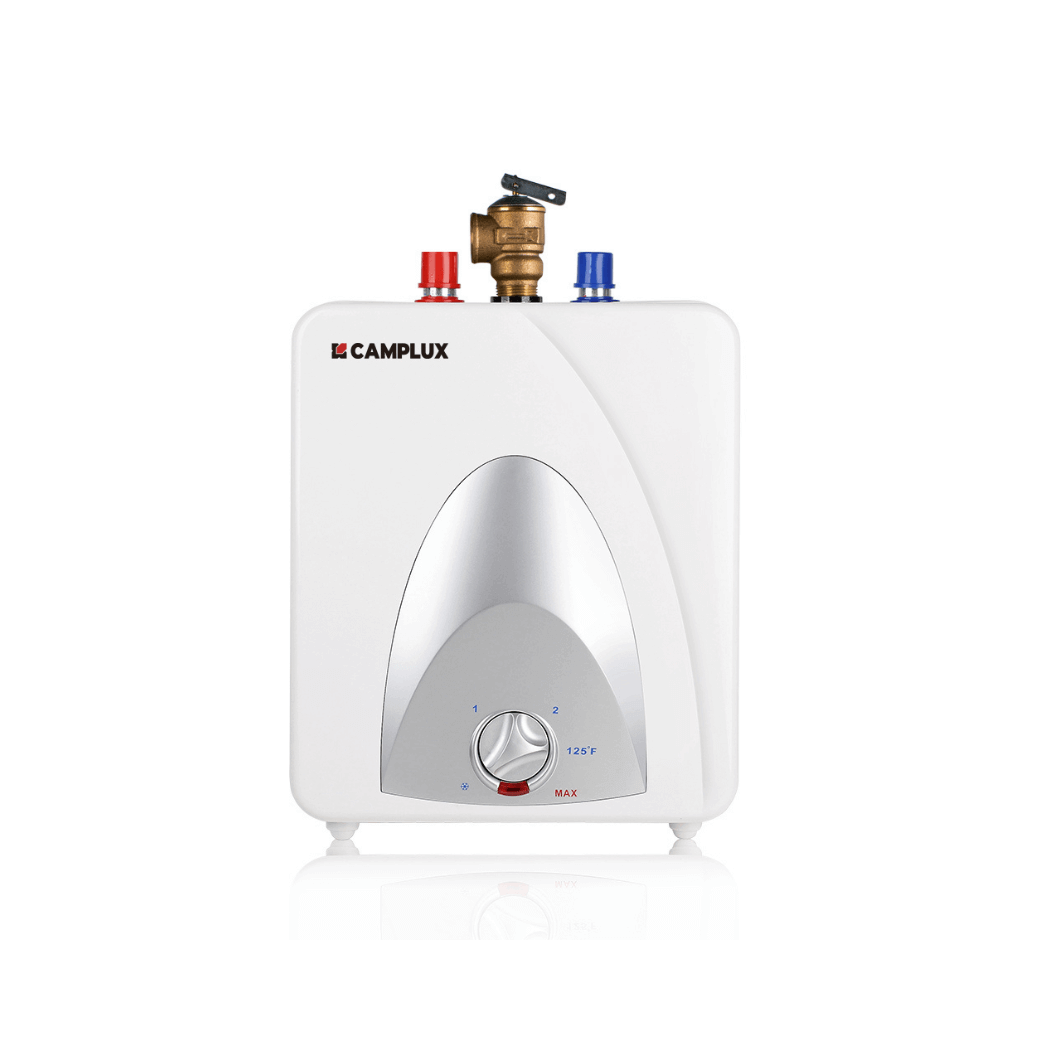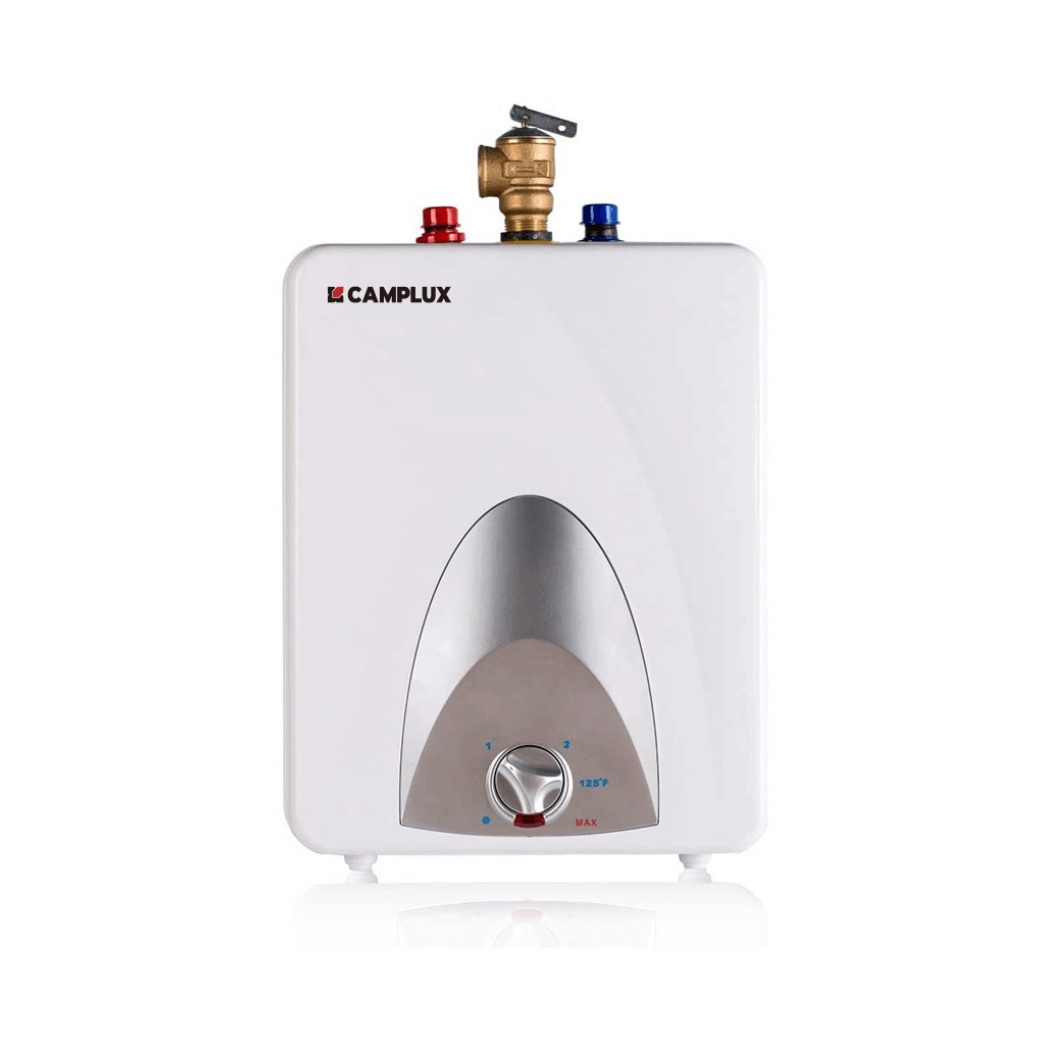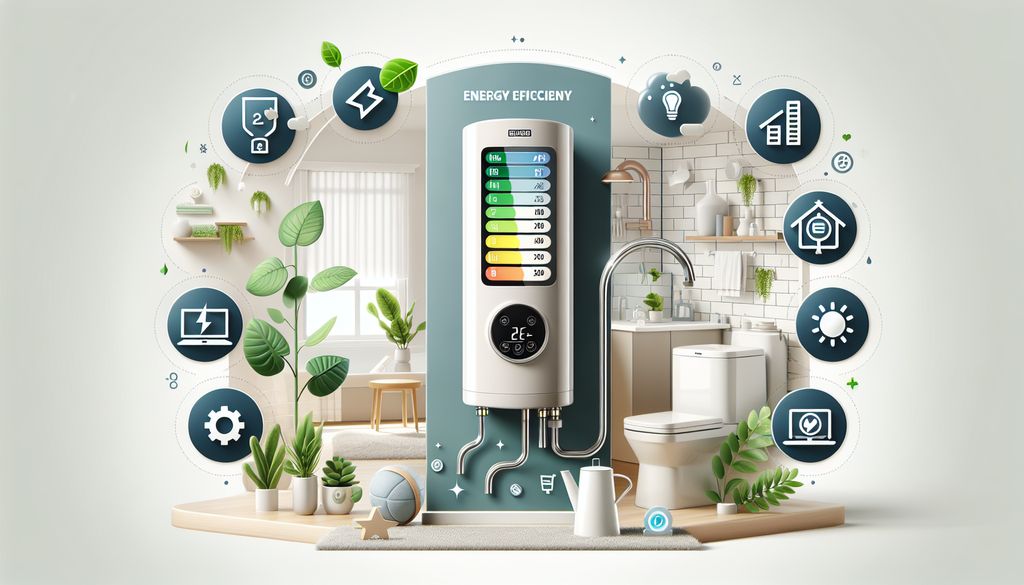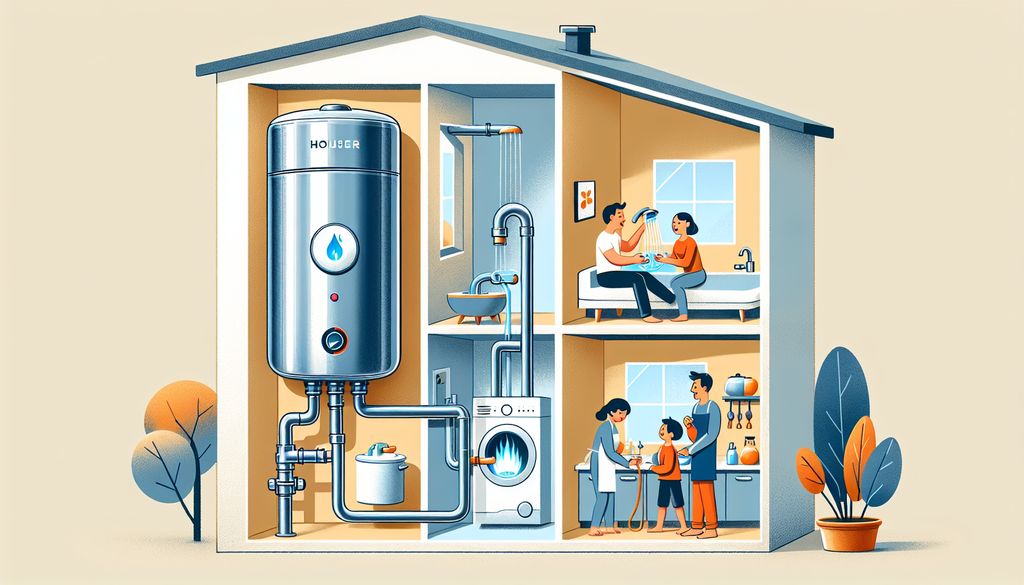Mini tank water heaters are a convenient and efficient solution for providing hot water in small spaces. Whether you're considering an electric, gas, or hybrid mini tank water heater, there are key factors to keep in mind. Understanding the installation process and maintenance requirements is crucial for ensuring optimal performance. In this article, we'll explore the types of mini tank water heaters, factors to consider when choosing one, and the benefits they offer.
Key Takeaways
- Consider the size and capacity based on your hot water needs.
- Prioritize energy efficiency to save on utility costs.
- Be aware of the installation requirements for your chosen mini tank water heater.
- Regular maintenance is essential for prolonging the lifespan of your mini tank water heater.
- Mini tank water heaters offer space-saving design and versatile installation options.
Types of Mini Tank Water Heaters
Electric Mini Tank Water Heaters
Electric mini tank water heaters are a popular choice for their energy efficiency and easy installation. They are ideal for providing quick hot water delivery in small spaces. These heaters are compact and can be installed under sinks or in other tight spaces, making them a versatile option for space-saving needs.
- Energy Efficiency: Electric mini tank water heaters are known for their energy-efficient operation, helping to reduce electricity costs.
- Quick Hot Water Delivery: With a small tank capacity, electric mini tank water heaters can deliver hot water rapidly, ensuring a convenient supply for immediate use.
- Versatile Installation Options: The compact size and flexible installation make electric mini tank water heaters suitable for various locations, including kitchens, bathrooms, and utility rooms.
Tip: Consider the size and capacity of the electric mini tank water heater based on your hot water usage to ensure it meets your needs effectively.
Gas Mini Tank Water Heaters
Gas mini tank water heaters are a popular choice for efficient and fast hot water delivery. They are powered by natural gas or propane, providing a reliable source of heat. These heaters are ideal for small spaces and can be installed in various locations, including under sinks and in utility rooms. When considering a gas mini tank water heater, it's important to evaluate the ventilation requirements and ensure compliance with local building codes. Additionally, regular maintenance, such as checking for gas leaks and cleaning the burner, is essential for safe and efficient operation.
- Consider the BTU rating to determine the heating capacity
- Check for safety features such as automatic shut-off valves
- Ensure proper ventilation to prevent carbon monoxide buildup
Tip: Regularly inspect the gas connections and burner for any signs of wear or damage to maintain safe operation.
Hybrid Mini Tank Water Heaters
Hybrid mini tank water heaters combine the benefits of electric and heat pump technology. They are designed to provide efficient hot water delivery while minimizing energy consumption. These units are ideal for homeowners seeking a balance between performance and energy efficiency.
- Energy-efficient operation
- Quick recovery time
- Versatile installation options
Tip: Consider the location of installation to maximize the benefits of the heat pump technology.
Factors to Consider When Choosing a Mini Tank Water Heater
Size and Capacity
When considering the size and capacity of a mini tank water heater, it's important to assess your hot water needs and available space. Size refers to the physical dimensions of the unit, while capacity indicates the amount of hot water it can hold. This information is crucial for determining the suitability of the heater for your specific requirements.
- For a more detailed comparison, consider the following table:
| Feature | Small Model | Medium Model |
|---|---|---|
| Capacity (gallons) | 2 | 4 |
| Dimensions (in) | 14 x 14 x 12 | 20 x 20 x 16 |
- When selecting the size and capacity, keep in mind that a larger unit may provide more hot water but require additional space for installation.
Tip: Assess your daily hot water usage to determine the appropriate capacity needed for your household. Consider the physical space available for installation to ensure a suitable fit for the mini tank water heater.
Energy Efficiency
When considering the energy efficiency of a mini tank water heater, it's important to evaluate the Energy Factor (EF) rating. This rating indicates the unit's efficiency in converting energy into hot water. Higher EF ratings signify greater energy efficiency, resulting in lower operating costs over time. Additionally, choosing a mini tank water heater with insulation that meets or exceeds industry standards can further enhance energy efficiency by minimizing heat loss. Proper insulation reduces standby heat loss, ensuring that the stored hot water remains at the desired temperature without excessive energy consumption. It's advisable to refer to the manufacturer's specifications for detailed information on the EF rating and insulation properties of the mini tank water heater you're considering.
Installation Requirements
When considering the Installation Process of a mini tank water heater, it's important to ensure that the unit is placed in a suitable location with proper ventilation and access to electrical or gas connections. The Maintenance Tips for mini tank water heaters include regular inspection of the anode rod, flushing the tank to remove sediment buildup, and checking for leaks or corrosion. It's essential to follow the manufacturer's guidelines for maintenance to ensure optimal performance and longevity.
- Regular inspection of the anode rod
- Flushing the tank to remove sediment buildup
- Checking for leaks or corrosion
Tip: Keep the area around the mini tank water heater clear of clutter to allow for proper ventilation and easy access for maintenance tasks. This can help prevent overheating and ensure efficient operation.
Installation and Maintenance of Mini Tank Water Heaters
Installation Process
The installation process for mini tank water heaters is straightforward and can be completed by a qualified professional. Proper installation is crucial for ensuring the safety and efficiency of the unit. Regular maintenance is essential to prolong the lifespan of the heater and prevent malfunctions. It's recommended to schedule annual maintenance checks to keep the unit in optimal condition. Additionally, troubleshooting common issues such as temperature fluctuations or leaks can often be resolved with simple adjustments or repairs. Here are some maintenance tips to keep your mini tank water heater in top condition:
Maintenance Tips
Proper maintenance is crucial for ensuring the longevity and optimal performance of your mini tank water heater. Regularly inspecting and cleaning the unit can prevent sediment buildup and extend its lifespan. Additionally, flushing the tank periodically helps maintain water quality and reduces the risk of corrosion. Consider referring to the manufacturer's guidelines for specific maintenance tasks and intervals.
For a structured approach to maintenance, you can follow the simple checklist below:
| Maintenance Checklist |
|---|
| Inspect for leaks and corrosion |
| Clean the heating elements |
| Test the pressure relief valve |
| Flush the tank to remove sediment |
Remember to turn off the power supply and follow safety precautions before performing any maintenance tasks. Regular upkeep not only ensures efficient operation but also minimizes the need for repairs and replacements.
Tip: Keep a maintenance schedule and set reminders for routine tasks to stay proactive and avoid potential issues.
Troubleshooting Common Issues
After troubleshooting common issues, it's important to understand the installation process for mini tank water heaters. This involves carefully following the manufacturer's instructions and ensuring proper electrical or gas connections. Regular maintenance is crucial for the longevity of the unit. This includes checking for leaks, flushing the tank periodically, and inspecting the pressure relief valve. Here are some key maintenance tips:
- Check for leaks and corrosion regularly.
- Flush the tank every 6 months to remove sediment buildup.
- Test the pressure relief valve annually to ensure it's functioning properly.
For efficient and safe operation, it's recommended to consult a professional for installation and maintenance if you're unsure about any aspect of the process.
Benefits of Mini Tank Water Heaters
Space-Saving Design
Mini tank water heaters offer a space-saving design, making them ideal for small spaces such as under sinks or in closets. Their compact size allows for versatile installation options, giving homeowners flexibility in placement. Additionally, these heaters provide quick hot water delivery, ensuring on-demand access to hot water for various household needs. This convenience makes them a practical choice for efficient water heating solutions.
Quick Hot Water Delivery
Mini tank water heaters provide quick hot water delivery due to their small size and proximity to the point of use. This means that hot water is readily available without the need to wait for it to travel through long pipes or heat up in a large tank. The compact design and efficient heating elements ensure rapid hot water production for immediate use.
- Table: Comparison of hot water delivery times for different mini tank water heater types
- Tip: Consider the hot water delivery rate when choosing a mini tank water heater to meet your specific needs. Higher delivery rates may be beneficial for larger households or high-demand applications.
Mini tank water heaters are designed to meet the demand for instant hot water, making them an ideal choice for various residential and commercial settings. Their ability to deliver hot water quickly and efficiently enhances user convenience and comfort, especially in locations where space and time are limited.
Versatile Installation Options
Mini tank water heaters offer versatile installation options to suit various spaces and preferences. Whether you need to mount it on a wall, place it under a sink, or install it horizontally or vertically, these compact units provide flexibility for placement. This allows for seamless integration into different areas of the home, making them ideal for small spaces and tight corners.
For a quick comparison of installation options, consider the following table:
| Installation Option | Description |
|---|---|
| Wall Mounting | Ideal for saving floor space and easy access |
| Under Sink Placement | Convenient for localized hot water needs |
| Horizontal Installation | Suitable for low-clearance areas and tight spaces |
| Vertical Installation | Offers flexibility in placement and space-saving |
When installing a mini tank water heater, keep in mind the following tips:
- Ensure proper ventilation to prevent overheating
- Securely mount the unit to prevent accidents
- Follow manufacturer's guidelines for safe installation
Remember, the installation process can significantly impact the performance and longevity of your mini tank water heater. Taking the time to install it correctly will ensure efficient operation and long-term satisfaction.
Conclusion
In conclusion, choosing the right mini tank water heater is essential for meeting your hot water needs. Understanding the types of mini tank water heaters and considering important factors such as size, capacity, and energy efficiency can help you make an informed decision. Additionally, proper installation and regular maintenance are crucial for the efficient operation of your mini tank water heater. The benefits of these water heaters, including their space-saving design, quick hot water delivery, and versatile installation options, make them a practical choice for many households. With the right knowledge and considerations, you can select a mini tank water heater that suits your specific requirements and provides convenient hot water solutions.
Frequently Asked Questions
What are the different types of mini tank water heaters?
Mini tank water heaters come in electric, gas, and hybrid models, each with its own benefits and considerations.
How do I choose the right size and capacity for a mini tank water heater?
Consider the hot water demand in your household and choose a size and capacity that can meet your needs without excessive energy waste.
Are mini tank water heaters energy-efficient?
Yes, mini tank water heaters are generally energy-efficient, especially when compared to traditional tank water heaters.
What is the installation process for a mini tank water heater?
The installation process involves mounting the unit, connecting it to the water supply and power source, and ensuring proper venting for gas models.
What are some maintenance tips for mini tank water heaters?
Regularly flushing the tank, checking for leaks, and inspecting the heating elements are important maintenance tasks for mini tank water heaters.
What are some common issues with mini tank water heaters and how can they be troubleshooted?
Common issues include insufficient hot water, leaks, and electrical problems. Troubleshooting involves checking the thermostat, heating elements, and connections, as well as inspecting for leaks and addressing any electrical issues.

